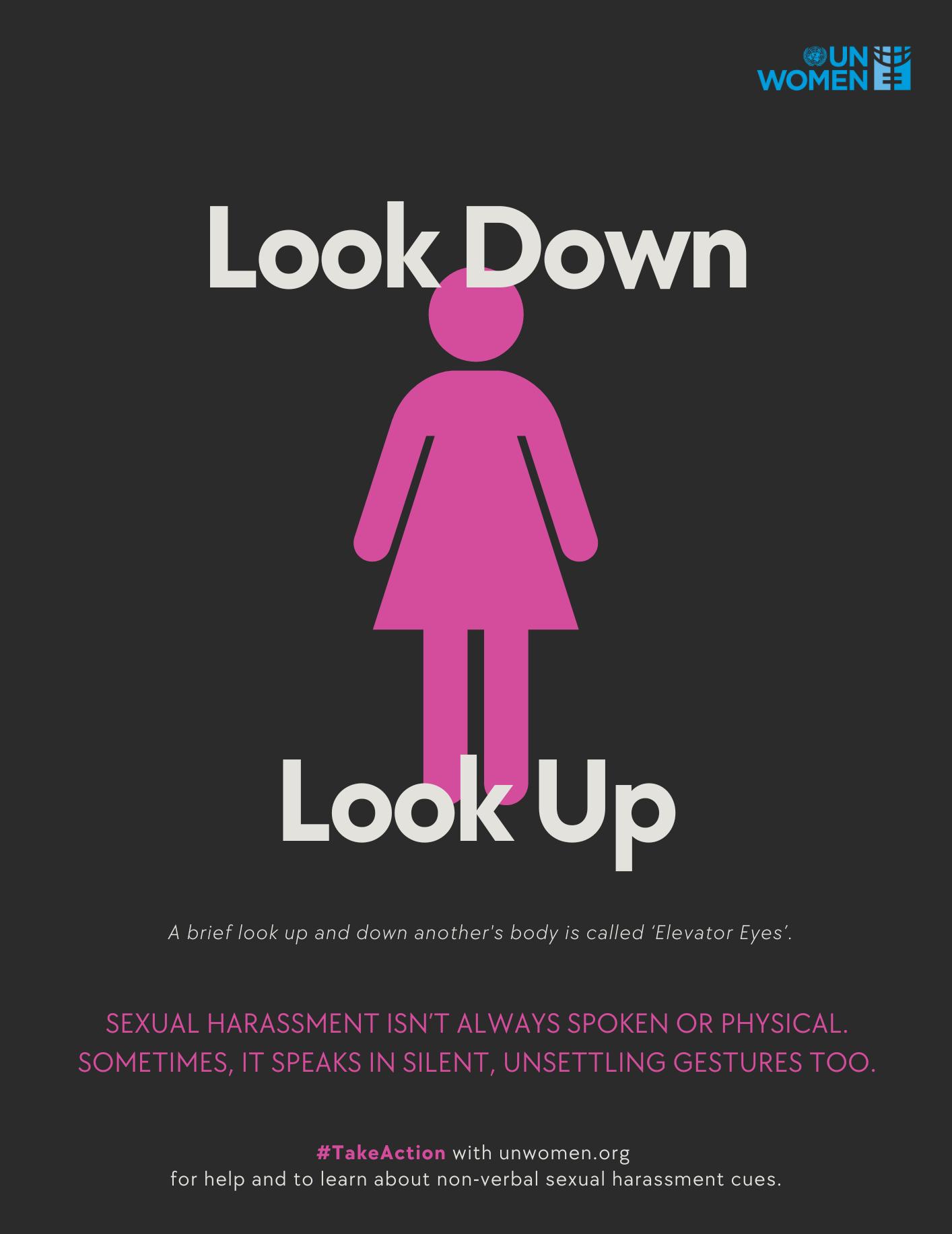








FOUNDER & CEO
Vivek Malik
CHIEF OPERATING OFFICER
Divesh Singh
MEDIA DIRECTOR & CFO
Afreen Sheikh
CREATIVE DIRECTOR
Sumayra Farooki
MANAGING EDITORS
Bhavna Batra, Shivani Gera
Anastasia N, Afshan Abdul Aziz
Beena Yusuf
PARTNERING AGENCIES
Big Data Marketers, Reputique PR
CEO Media Groups, Global Fame Verified Womenpreneur Media Group
MEDIA ASSISTANTS
Neha Kundu, Anjali M
DESIGN AND LAYOUT
Nitij Sharma, Priyanka Yadav
PUBLISHER
Firstread Media LLC

Dear Awesome Readers,
Welcome to this special edition of Womenpreneur Middle East, where we celebrate the achievements of 20 inspiring women who are shaping the economic landscape of the Middle East. This issue is dedicated to those pioneering voices that are driving economic growth, sparking innovation, and redefining the possibilities for future generations of women across the region. As we bring these stories to light, we honor the resilience, passion, and strategic insight of these women who exemplify leadership and influence in their fields.
In the past decade, the Middle East has witnessed a remarkable transformation, particularly in its approach to economic empowerment. In a region where tradition and modernity often intersect, women have harnessed the power of both heritage and forward-thinking vision to fuel their journeys. From technology and finance to education and sustainable development, our featured leaders are redefining what it means to shape an economy.
They are founding companies, spearheading initiatives, and championing reforms that not only generate profit but also promote social responsibility and inclusivity. By amplifying their influence, they are creating opportunities for others, cultivating an environment that values both economic growth and community well-being.
This issue is not just about professional achievements; it’s about the personal sto-
ries, challenges, and pivotal moments that have shaped these women’s paths. The journey to economic influence in the Middle East is often fraught with unique obstacles—balancing family expectations, breaking stereotypes, and navigating industries where female leadership has traditionally been underrepresented.
Yet, our honorees have shown extraordinary tenacity. They have broken barriers, defied norms, and set new standards for excellence. Their stories are a testament to the fact that success is not a destination but a continuous journey of growth, learning, and adaptation.
As you turn these pages, you will discover insights into what drives these exceptional women. Their determination to make a difference extends beyond the boardroom; it encompasses a larger vision of transforming societies. By leveraging economic empowerment as a tool, they are not only building prosperous futures for themselves but are also advocating for a more inclusive economy. They understand the power of collaboration, of mentorship, and of paving the way for others to follow. Their leadership is rooted in empathy, in understanding the challenges faced by others, and in actively working to create opportunities that foster collective growth.
We hope that the stories in this edition will serve as both an inspiration and a call to action. To the aspiring entrepreneurs, business leaders, and young women reading
this issue: let these trailblazers remind you that every challenge presents an opportunity, every setback a lesson, and every success a chance to give back. Economic empowerment is more than a goal; it’s a pathway to meaningful impact that can shape families, communities, and nations. This edition of Womenpreneur Middle East is not just a magazine; it’s a celebration of resilience, a tribute to ambition, and a showcase of the incredible potential that women bring to economic development. We are proud to spotlight these 20 extraordinary women, whose influence and achievements remind us that the Middle East is not only embracing a new economic era but is also redefining leadership itself.
Thank you for joining us in celebrating the women who are rewriting the economic narrative of the Middle East. May their stories inspire you to dream boldly, lead bravely, and empower others on your own journey.
Warm regards,

Bhavna Batra Managing Editor Womenpreneur Middle East
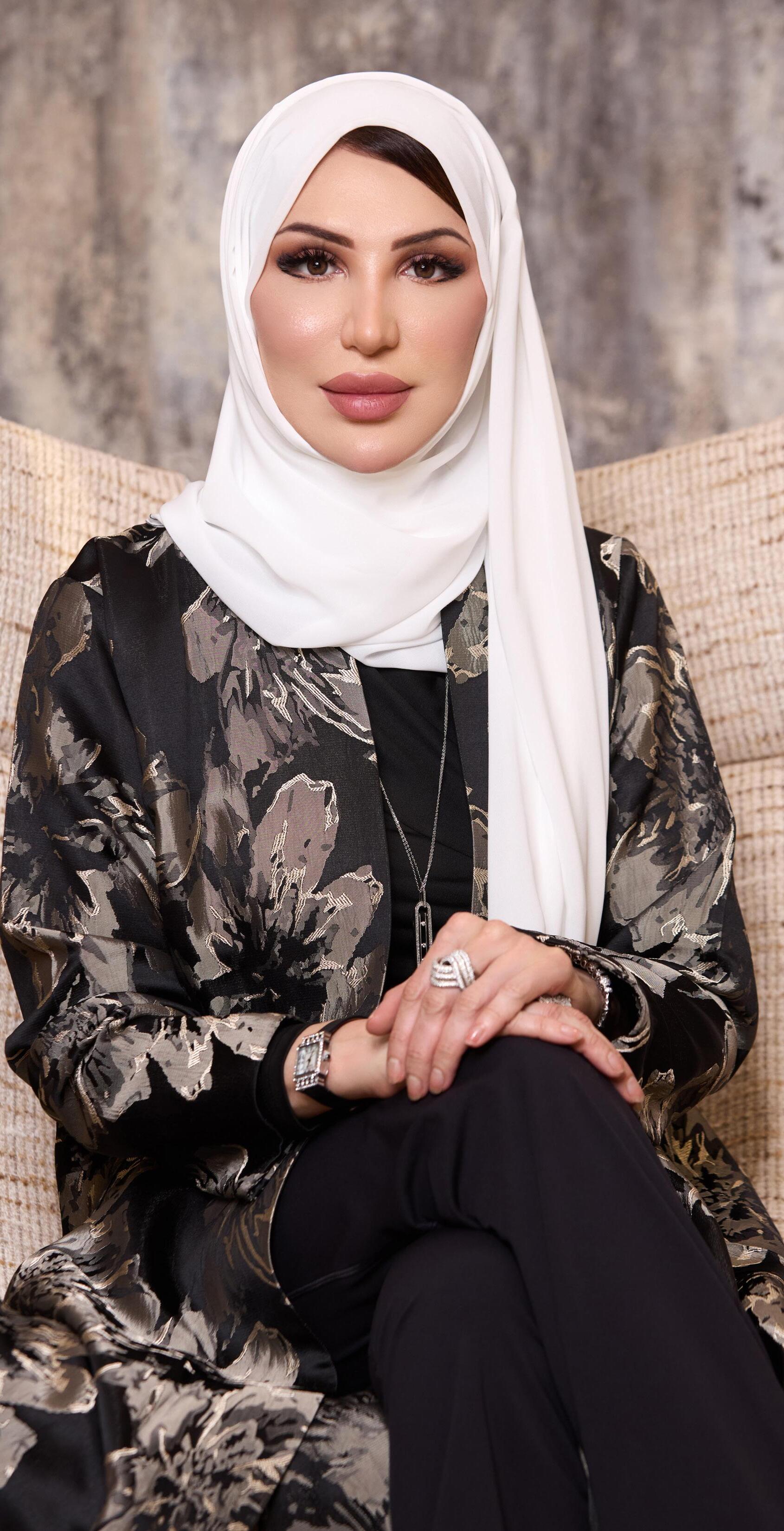


In the dynamic landscape of the Middle East, where cultural richness meets rapid modernization, women are making groundbreaking strides, channeling ambition into powerful economic change.
Across the Middle East, a group of pioneering women is driving economic reform, fostering inclusive growth, and reimagining the future through transformative policymaking. These leaders represent a new wave of expertise and dedication.
Women are at the forefront of economic development, driving innovation and inclusive growth across various sectors. The Top 20 Women in Economic Development are changemakers who are breaking barriers.
Dr. Buthaina Hassen Al-Ansari is one of Qatar’s most influential leaders, a visionary whose work across multiple sectors has left an indelible mark on strategic planning, human resources, and women’s leadership in the Middle East.
Across the Middle East, women leaders are spearheading projects that are reshaping major sectors, transforming landscapes, economies, and societies in profound ways.
Sarah Al Suhaimi is a pioneering leader in the Middle Eastern financial sector, serving as Chairperson of the Board of Directors of Tadawul, the largest stock exchange in the region.


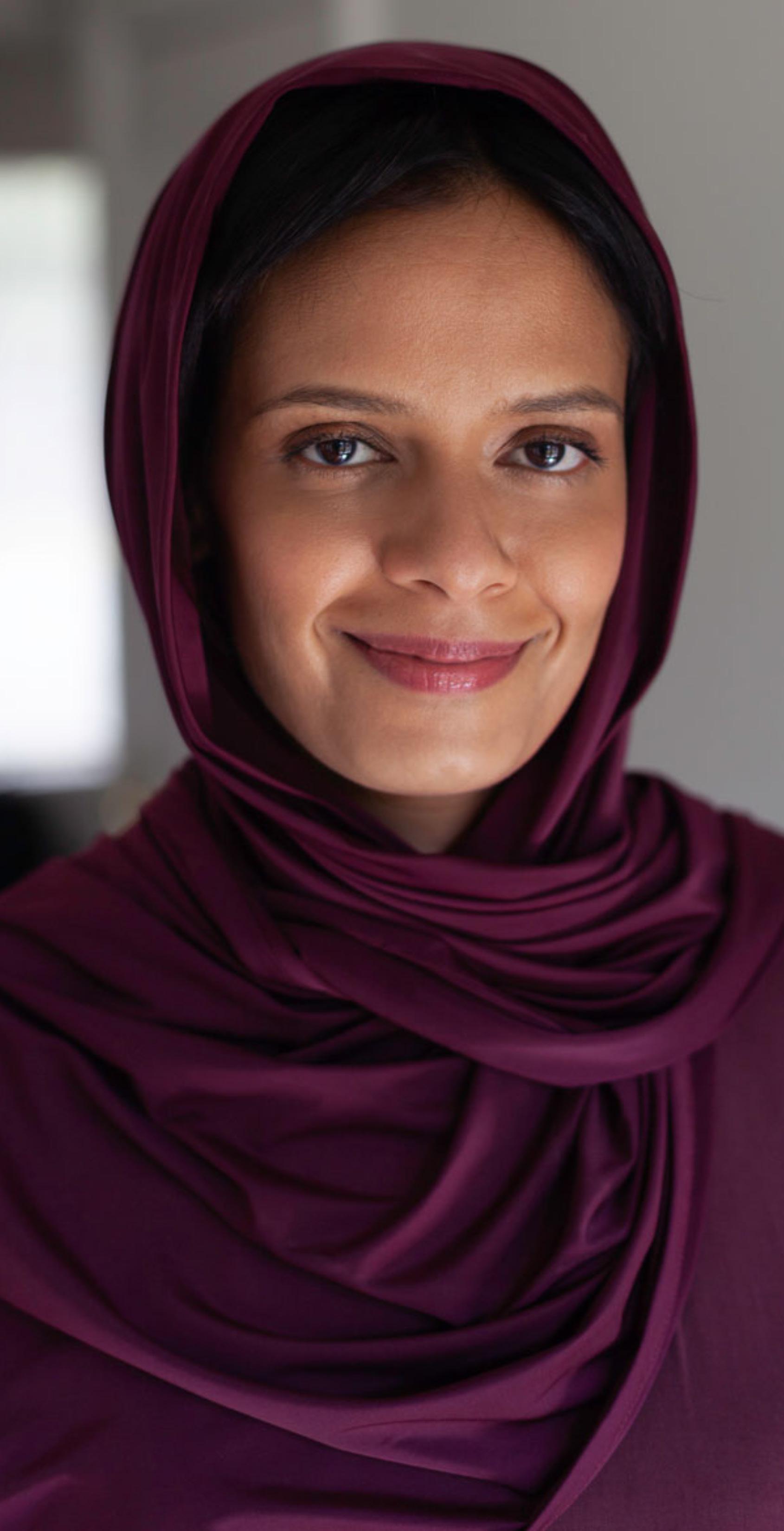
Rania Nashar’s historic appointment as the first female CEO of Saudi Arabia’s Samba Financial Group is a milestone in the Kingdom’s banking sector, symbolizing progress under Vision 2030 and the push for gender equality.
Across the Middle East, a powerful movement is reshaping the region’s economic landscape: women in finance working tire
lessly to close the gap in financial inclusion and create path
ways to economic equity.
Huda AlHashimi, the UAE’s Deputy Minister for Cabinet Affairs for Strategic Affairs, is a leading force in shaping the nation’s strategic development and innovation framework.
In the Middle East and across the world, the link between public health and economic stability is undeniable. Healthy communities lay the foundation for economic growth, productivity, and overall societal well-being. Rania A. Al-Mashat stands as a vital figure within Egypt’s cabinet, currently serving as the Minister of Planning, Economic Development, and International
In today’s interconnected world, travel has evolved far beyond leisure or luxury—it’s become an essential part of personal growth, professional development, and entrepreneurial success.

IN THE DYNAMIC LANDSCAPE OF THE MIDDLE EAST, WHERE CULTURAL RICHNESS MEETS RAPID MODERNIZATION, WOMEN ARE MAKING GROUNDBREAKING STRIDES, CHANNELING AMBITION INTO POWERFUL ECONOMIC CHANGE. THESE PIONEERING WOMEN ARE NOT ONLY CHALLENGING TRADITIONAL ROLES BUT ALSO DEMONSTRATING HOW THEIR UNIQUE PERSPECTIVES AND SKILLS CAN DRIVE TRANSFORMATIVE PROJECTS AND BUILD SUSTAINABLE ECONOMIES. FROM TECHNOLOGY TO FINANCE, FROM SOCIAL ENTERPRISE TO PUBLIC POLICY, MIDDLE EASTERN WOMEN ARE SHAPING INDUSTRIES, CREATING JOBS, AND FORGING PATHWAYS TO A FUTURE WHERE THEIR VOICES RESONATE POWERFULLY ACROSS SECTORS
It’s often said that successful leaders are those who see beyond the immediate to envision a future that others might consider ambitious, even improbable. This sentiment rings especially true for women in the Middle East, who have transitioned from traditional, often restrictive backgrounds to becoming leaders in economic development. These women bring innovation, resilience, and a profound sense of purpose to their work, proving that vision, when paired with dedication, can be transformative.
Take, for example, the rise of women-led initiatives focused on sustainable energy and green technology. Across the Middle East, countries are pivoting toward renewable energy to reduce dependency on fossil fuels, and women are at the helm of some of these critical transformations. By integrating sustainable practices into mainstream projects, these leaders are reshaping how the region views its environmental impact. They’re also setting new standards for corporate responsibility, urging governments and private sectors to consider longterm environmental impacts. The influence of these women extends beyond just policy or market presence— they’re igniting a movement of environmental awareness that will benefit generations to come.
Historically, women in many parts of the Middle East have had limited access to financial resources. Yet, today, female leaders in finance are breaking through these barriers, leveraging their expertise to create access pathways for other women and underserved communities. These leaders understand the power of financial inclusion as a tool for economic development and are developing microfinance initiatives, creating angel investment networks, and advocating for policies that make it easier for women-led businesses to secure capital.
A prime example of this is the rise of women-led venture capital firms and investment funds across the Middle East. These firms, guided by female founders, have a vested interest in closing gender gaps in business and finance. Their portfolios frequently emphasize companies committed to social good, supporting sectors like healthcare, education, and clean energy—industries that historically lack funding yet offer high societal value. In this way, they’re building economies that are both profitable and socially responsible.
Moreover, female leaders in finance are encouraging younger women to enter the field by establishing mentorship programs and sponsoring scholarships for aspiring women in business. These women are not just lifting the glass ceiling—they’re dismantling it entirely, building networks that empower future generations and providing a support system that has long been missing in many sectors of the region.

With the Middle East’s push toward becoming a tech-driven economy, women are stepping into influential roles within the technology and innovation space. From spearheading AI research to leading regional expansions for global tech giants, these women are playing a key role in driving the digital economy forward.
One of the most exciting trends has been the rise of female-founded tech startups across the region. These startups are tackling a diverse array of challenges, from building AI-driven applications for healthcare to developing sustainable agricultural technology. Such enterprises are meeting specific regional needs and solving local problems, all while generating jobs and creating ripple effects in the economy. Women in technology aren’t just passive contributors; they’re pioneering the digital economy by identifying and addressing critical gaps with homegrown solutions.
Women in tech in the Middle East often emphasize inclusivity, creating tech ecosystems that are welcoming and supportive. Many have started initiatives focused on coding education for young girls, pushing for gender parity in STEM fields, and promoting tech literacy in rural areas. This forward-thinking approach not only bolsters their individual enterprises but ensures a broader cultural shift, wherein women are recognized as integral contributors to the region’s technological advancement.
An often-overlooked area where Middle Eastern women are making significant strides is in public policy and governance. These women are bringing a fresh perspective to government institutions, advocating for economic reforms that promote inclusivity and development. As advisors, ministers, and diplomats, they play a crucial role in shaping policies that stimulate economic growth, create jobs, and improve the quality of life for millions across the region.

In recent years, several initiatives have focused on encouraging women’s participation in the public sector, leading to an increase in female representation at decision-making levels. Women policymakers are pushing for labor reforms that support female workforce participation, proposing tax incentives for women-owned businesses, and campaigning for equal pay. Their efforts are critical in a region where economic growth is intrinsically linked to progressive policy shifts. These women are not only enacting change but also laying a foundation for the future, where policies increasingly support a diverse, inclusive workforce.

While the contributions of these visionary women are groundbreaking, they are just the beginning. The future of Middle Eastern economies hinges on collaborative efforts that bring together people from all backgrounds to work toward shared goals. Women have shown that their perspectives, skills, and innovations are essential for sustainable economic growth.
Many of these women are also fostering a culture of collaboration. They are forming alliances, joining networks, and encouraging a community-driven approach to business and economic development. From joint ventures to cross-industry partnerships, women leaders are proving that collaboration—not competition—is the key to long-term success. This sense of community is particularly evident in the way women in economic development actively mentor younger generations, participate in knowledge-sharing forums, and advocate for each other’s success.
By transforming their ambitions into tangible impacts, these women are reshaping the Middle Eastern economy from the inside out. Their stories of resilience, vision, and collaboration illustrate a powerful truth: when women thrive, economies prosper. Their leadership not only serves as a testament to what has been achieved but also as an inspiring reminder of the boundless potential that remains. As they continue to innovate, inspire, and lead, these women are building not only a stronger economy but a brighter, more inclusive future for the entire Middle East.


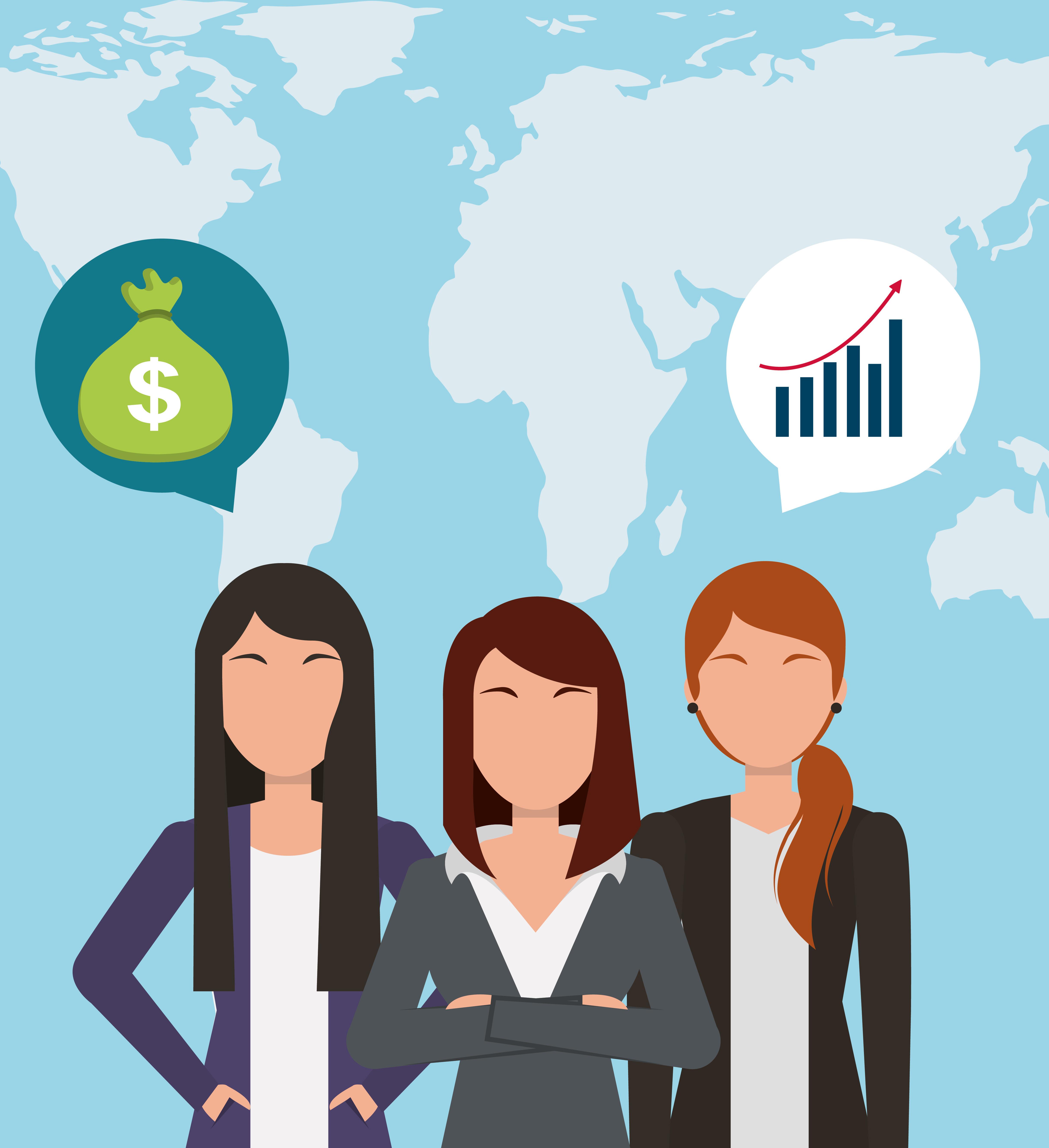
Across the Middle East, a group of pioneering women is driving economic reform, fostering inclusive growth, and reimagining the future through transformative policymaking. These leaders represent a new wave of expertise and dedication, actively reshaping the economic landscape to accommodate the needs of diverse communities and ushering in a more sustainable and inclusive economic model. They serve in government roles, advisory boards, and economic councils, advancing policies that make economic development accessible and equitable for everyone. Their work is not only a testament to the power of vision and persistence but also a significant milestone in the region’s progress toward gender parity and social inclusion.
The entry of women into the field of public policy has been historically challenging, particularly in the Middle East. Despite cultural and systemic barriers, women are increasingly breaking through and taking on roles in governance and economic policy. Many of these women have spent years advancing their expertise in economics, law, international relations, and public administration. Armed with this wealth of knowledge, they bring unique perspectives and problem-solving approaches that address the complex needs of their communities.
These leaders are particularly attuned to the issues faced by underrepresented groups, including women, youth, and lower-income populations, and they work to incorporate these perspectives into meaningful policy. In doing so, they provide solutions to economic challenges that are inclusive and far-reaching, which is particularly vital in economies undergoing transformation and seeking growth. By working on economic policies that directly impact education, employment, healthcare, and entrepreneurship, women are ensuring that economic gains reach the widest possible audience.
One of the central focuses of female policymakers in the Middle East is promoting economic reform that fosters inclusive growth. In recent years, the Middle East has experienced an economic transformation, driven by diversification efforts, new investments in technology, and a push toward sustainable energy sources. However, for this growth to be sustainable, policies must prioritize inclusivity, ensuring that everyone can benefit from these advancements.
Women in policymaking positions are often at the forefront of these efforts, pushing for reforms that reduce
barriers to entry for underrepresented groups in the workforce, create pathways for women and youth in highgrowth sectors, and promote fair wage structures. They advocate for policies that provide training, mentorship, and resources for small and medium-sized enterprises (SMEs), particularly those led by women. In focusing on SMEs, they are building an economic environment where grassroots businesses can thrive, contributing to a balanced economic ecosystem that supports growth from all levels.
Additionally, women policymakers have been instrumental in pushing for labor law reforms that promote workplace equality, introduce family-friendly policies, and encourage workforce participation from all demographics. These policy changes not only attract more people to the workforce but also build more sustainable and resilient economies by providing diverse perspectives and skill sets.
In response to the global shift toward green economies, many women leaders in the Middle East are pioneering policies that align with the principles of sustainability and environmental responsibility. They understand that an economy reliant on finite resources needs to innovate to remain competitive and resilient. With this in mind, these policymakers have been championing initiatives that support the transition from traditional energy sources to renewable ones, paving the way for green jobs, sustainable agriculture, and eco-friendly industries.
Policies promoting renewable energy investments are an integral part of their vision, incentivizing businesses to adopt sustainable practices and develop new technologies. They work to secure international partnerships, attract foreign investment, and create a regulatory framework that encourages innovation in sectors such as solar energy, wind power, and green infrastructure. This shift toward sustainability not only aligns with global environmental goals but also reduces economic reliance on single-resource industries, creating a more diversified and resilient economic foundation.
Moreover, women in these policymaking roles often focus on fostering eco-friendly practices across industries. They introduce incentives for businesses that incorporate sustainable production methods, establish certifications for green products, and support research and development initiatives focused on environmental sustainability.
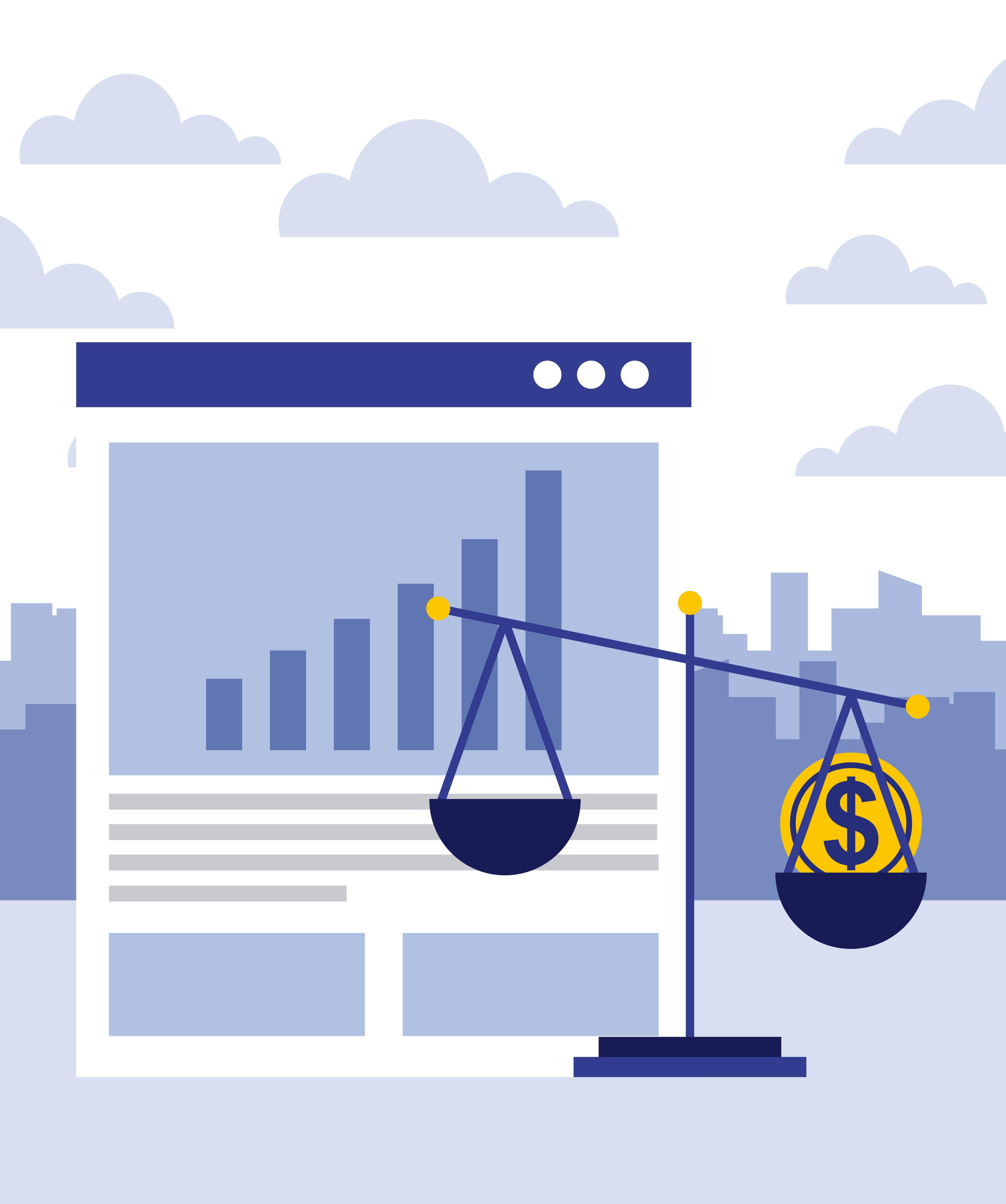
By embedding these priorities into policy, these women ensure that the Middle East’s economic growth aligns with the global shift toward sustainable and responsible development.
Economic development and social welfare are inextricably linked, a principle that female policymakers recognize as they work to bridge gaps in public health, education, and social security. They understand that a thriving economy must have a healthy, educated, and financially secure population, and they address this by creating policies that enhance access to essential services.
Women-led policies in the Middle East often emphasize the importance of equitable access to healthcare and education. They advocate for public health reforms that strengthen healthcare infrastructure, improve maternal and child healthcare, and expand mental health resources. These leaders know that the economic success of a nation depends on a population that is physically and mentally healthy, which is why they emphasize a holistic approach to healthcare in their policy work.

Education reform is another focus area, with policies geared toward improving the quality and reach of education, especially in underserved regions. These policymakers are instrumental in crafting scholarship programs, vocational training initiatives, and partnerships with private sector organizations to create a robust educational framework. Their efforts contribute to a workforce that is not only skilled but adaptable to the demands of a changing economy.
One of the most impactful areas where women policymakers are making strides is in advancing policies that empower women economically. Recognizing that economic growth must include and uplift women, these leaders work to dismantle the structural barriers that have historically kept women out of the workforce and entrepreneurship.
Policies that support women in business—such as funding for women-led startups, subsidies for female entrepreneurs, and laws mandating gender parity in executive boards—are a central part of their efforts. By advocating for resources, training, and financial support specifically for women, these policymakers are paving the way for
more women to enter the business world and ascend to leadership positions.
Many of these leaders are also behind initiatives that promote work-life balance and family-friendly workplaces. They introduce policies that provide maternity and paternity leave, ensure access to affordable childcare, and offer flexible work options. In doing so, they create an environment where women can pursue careers without having to choose between family and professional life, setting a strong foundation for future generations of women in the Middle East.
As these women shape economic policies, they are creating a lasting legacy of empowerment and progress. Their work doesn’t just benefit the present economy—it builds a foundation for future generations to thrive in a more equitable and inclusive environment. By breaking down barriers, advocating for sustainable growth, and championing social welfare, they are setting new standards in governance and inspiring others to pursue careers in policy and economics.
Through their work, these policymakers are fostering a culture of inclusion and empowerment. They are not only
enhancing economic opportunity within the Middle East but also projecting a powerful image of leadership and resilience on the global stage. Their efforts contribute to changing the narrative around women in leadership and policymaking, showing that women are not only capable of contributing to economic growth but are instrumental in creating a more balanced and prosperous economy.

The work of these female policymakers also serves as an inspiration for future generations of women interested in policy, economics, and governance. Their successes demonstrate that women have a vital role in shaping the policies that drive economic development and social progress. By building mentorship programs, hosting educational workshops, and participating in forums, they actively encourage young women to engage with policy and envision themselves as future leaders.
The example set by these pioneering women is invaluable; it shows that the path to policy and governance is open to those who are passionate, dedicated, and willing to push for change. By creating policies that benefit diverse communities, they set a standard for compassionate and inclusive governance, proving that women’s leadership in policy has the potential to elevate society as a whole.
The contribution of women to economic policy in the Middle East marks a pivotal shift toward inclusive, forward-thinking governance. These policymakers are at the forefront of shaping economies that are resilient, diverse, and fair, advancing reforms that benefit all members of society. Through their work in public policy, economic reform, and social welfare, they’re forging a future where economic growth is inclusive, sustainable, and equitable.
Their vision, determination, and leadership are transforming the Middle East’s economic landscape, building an environment where opportunity is not limited by gender or social standing. By laying the groundwork for inclusive growth, women policymakers in the Middle East are helping to create a more balanced economy and a more just society. Their legacy will continue to inspire, proving that when women lead, everyone prospers.


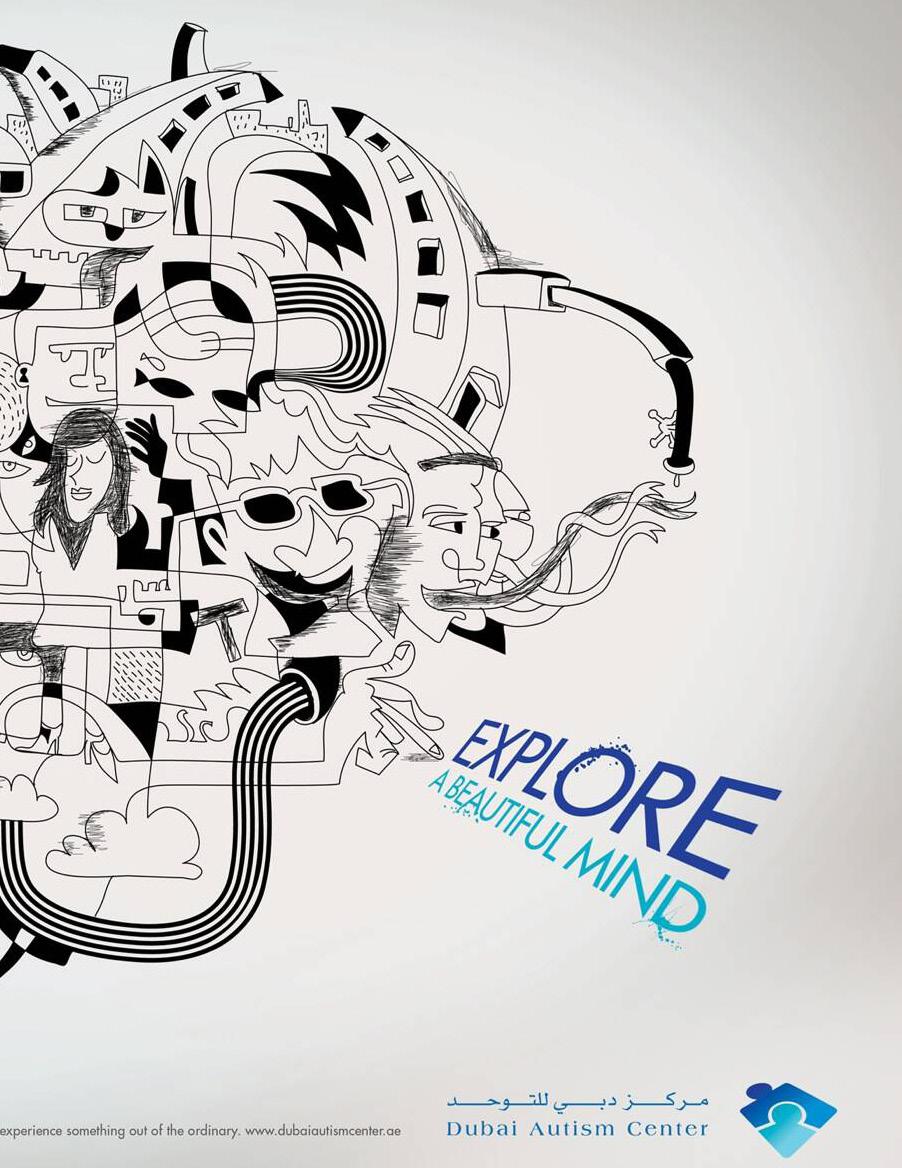

Across the Middle East, women leaders are spearheading projects that are reshaping major sectors, transforming landscapes, economies, and societies in profound ways. Through their visionary projects in infrastructure, finance, education, and other key fields, these women are not only contributing to economic growth but are also setting a standard for excellence, resilience, and inclusion. Their initiatives mark a significant evolution in regional development, with impacts that extend far beyond traditional benchmarks and inspire future generations of women to pursue leadership roles.
The Middle East has seen unparalleled growth in infrastructure over the last two decades, with massive developments in transportation, urban planning, and sustainable cities. At the forefront of these changes are women who are driving large-scale projects, from state-of-the-art transportation networks to resilient, green buildings. These projects serve as vital backbones for future economic growth and social progress, addressing the needs of burgeoning populations while introducing innovative, eco-friendly practices into the region’s urban landscapes.
One key area of impact is in sustainable urban development. Women in architecture and engineering are rethinking city layouts to promote environmental sustainability and improve the quality of life for residents. They are championing projects that prioritize green spaces, energy-efficient buildings, and accessible public transportation systems. These leaders understand the critical
importance of reducing environmental impact and are incorporating solar energy, green rooftops, and water conservation systems into their plans, transforming traditional urban development models into ecosystems that are both functional and sustainable.
Transportation projects led by women have also been transformative. By managing initiatives that improve public transport networks, these leaders are reducing reliance on personal vehicles and minimizing traffic congestion and pollution. Some projects focus on creating high-speed rail lines and metro systems that connect major cities, making travel faster, safer, and more affordable. These projects not only streamline daily commutes but also facilitate economic activity by enhancing connectivity and access to work and leisure destinations.
In the finance sector, women leaders are introducing initiatives that expand financial access and empower individuals and businesses previously underserved by traditional banking systems. Recognizing that economic development hinges on the inclusion of all citizens, women in finance are pioneering programs that support small and medium-sized enterprises (SMEs), particularly those
led by women. These initiatives play a crucial role in promoting economic diversification, as they enable a wider array of entrepreneurs to access the resources they need to start and grow their businesses.
Women-led projects in financial technology (fintech) are particularly noteworthy. By launching digital banking services, micro-loan platforms, and mobile payment systems, these leaders are enabling people across the Middle East to participate more fully in the economy. Fintech initiatives provide access to financial tools that are quick, secure, and easy to use, even in remote or underserved areas. This technology-driven approach has proven essential in reaching women, rural populations, and youth, who often face obstacles when trying to access traditional banking services.
Additionally, women in finance are championing projects focused on financial literacy. Through partnerships with educational institutions, NGOs, and government bodies, they are implementing programs that teach financial management, budgeting, and investment skills to individuals across socio-economic backgrounds. These initiatives empower people with the knowledge they need to make informed financial decisions, fostering a culture of financial independence and resilience.

Education has always been a cornerstone of societal advancement, and women leaders in the Middle East are redefining what it means to deliver quality education in today’s world. By leading transformative educational projects, they are addressing gaps in traditional educational systems and preparing future generations for the demands of a global economy. Women-led projects in this field range from launching STEM (science, technology, engineering, and mathematics) programs for young girls to creating vocational training initiatives that equip students with practical, job-ready skills.
One of the most influential areas within education led by women is digital learning. These leaders have championed projects that bring technology into classrooms and communities, making learning resources more accessible, interactive, and personalized. In recent years, digital platforms developed by women have allowed students to continue their studies remotely, a capability that proved invaluable during the COVID-19 pandemic. This shift toward digital education not only expands access to knowledge but also enhances the quality of learning by enabling students to engage with interactive, adaptive content that caters to their individual needs.
Women are also addressing the gender gap in education through targeted programs that encourage young girls to pursue careers in STEM fields. These initiatives provide mentorship, scholarships, and internship opportunities, allowing girls to explore careers in fields traditionally dominated by men. By fostering a supportive community and breaking down stereotypes, these projects are paving the way for more women to enter high-growth industries, contributing to a more balanced workforce.
The healthcare sector in the Middle East has witnessed transformative change, with women leaders at the forefront of many influential projects that address critical health issues and improve access to medical care. These projects focus on areas such as maternal and child health, mental health, and telemedicine, offering innovative solutions that meet the needs of communities across the region.
One of the most significant areas of impact has been in maternal and child health. Women healthcare leaders are developing programs that provide essential healthcare services for women, especially in underserved or rural areas. These programs often include mobile clinics,

prenatal and postnatal care, and educational workshops on nutrition and wellness. By prioritizing maternal health, these leaders are working to reduce maternal and infant mortality rates, while promoting the overall health and wellbeing of families.
Mental health has also become a priority in healthcare projects led by women. Recognizing that mental health is a vital component of overall wellness, women in healthcare are breaking stigmas and increasing awareness around mental health issues through community outreach, workshops, and counseling programs. These projects make mental health resources accessible to a wider population, encouraging people to seek help and engage in supportive, judgment-free care.
Telemedicine is another area where women-led projects are making a difference. By leveraging digital platforms, they are ensuring that people in remote or underserved regions can consult with healthcare professionals without having to travel long distances. Telemedicine services allow patients to receive diagnoses, prescriptions, and follow-up care from the comfort of their homes, making healthcare more accessible and efficient. These innovations not only improve patient outcomes but also demonstrate the power of technology in modern healthcare.
Women leaders in the Middle East are also reshaping community development through projects that promote social inclusion, environmental responsibility, and cultural preservation. These initiatives aim to strengthen communities by addressing local needs and empowering individuals to actively participate in their society.
One area of focus is environmental sustainability. Women are leading projects that promote green initiatives such as recycling, conservation, and renewable energy. These projects encourage communities to adopt eco-friendly practices and educate individuals on the importance of protecting natural resources. By building awareness and providing the tools needed to make sustainable choices, these women are fostering a culture of environmental responsibility that benefits both the community and the planet.
Cultural preservation is another vital aspect of community development. Women-led projects in this area focus on preserving and celebrating the region’s rich cultural heritage, from traditional crafts and art to language and music. By creating community centers, hosting workshops, and organizing festivals, these leaders provide a platform for artisans, musicians, and storytellers to share their craft, ensuring that cultural traditions are passed down to future generations.
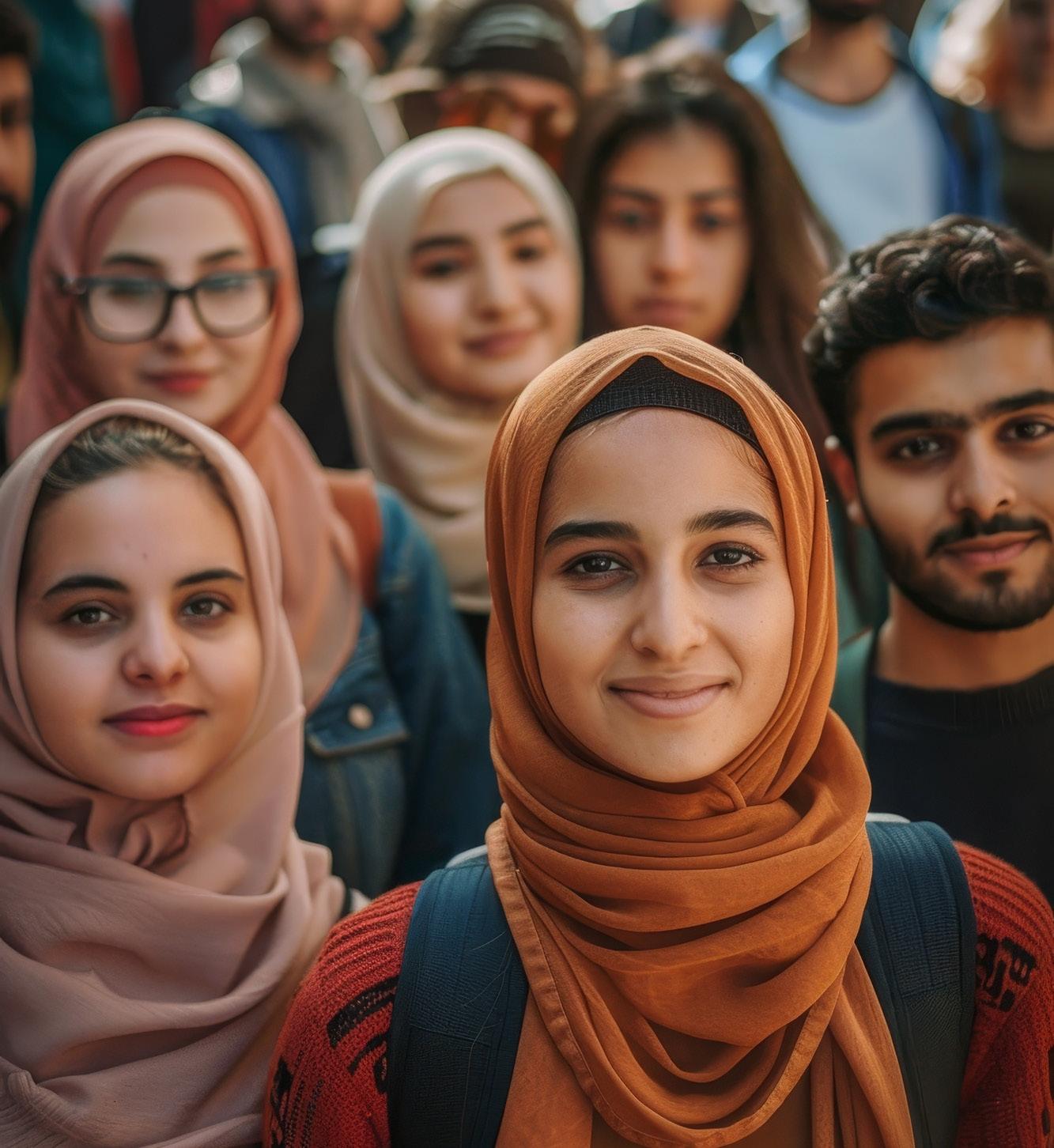
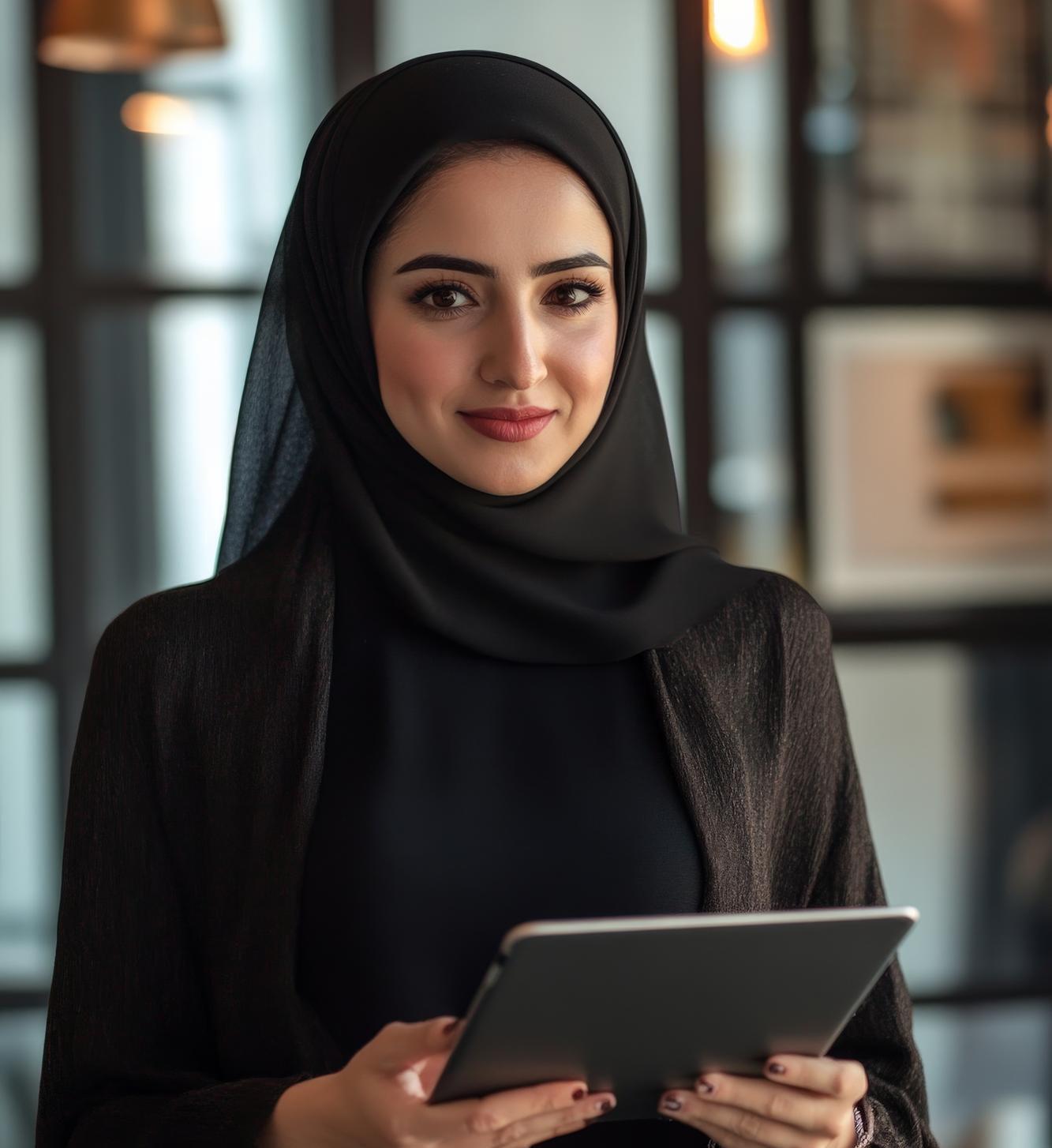
The influence of women-led projects in the Middle East extends beyond the immediate goals of each initiative. These projects contribute to societal shifts that encourage gender equality, economic empowerment, and social inclusion. By taking on leadership roles in sectors traditionally dominated by men, women are challenging stereotypes and proving that they are not only capable of leading but also excelling in complex, high-stakes environments. Moreover, the success of these women-led projects inspires future generations, especially young girls, to pursue their own ambitions without fear of limitations. These leaders serve as role models, demonstrating the importance of resilience, creativity, and collaboration. Their work exemplifies how women can contribute to economic and social transformation, bringing diverse perspectives that enrich the decision-making process and lead to more comprehensive solutions.
In summary, women at the helm of transformative projects in the Middle East are reshaping infrastructure, finance, education, healthcare, and community development. Through their leadership, these women are building a more inclusive, sustainable, and prosperous region, setting a powerful example for future generations. Their contributions serve as a reminder that when women lead, they don’t just build projects—they build the future.



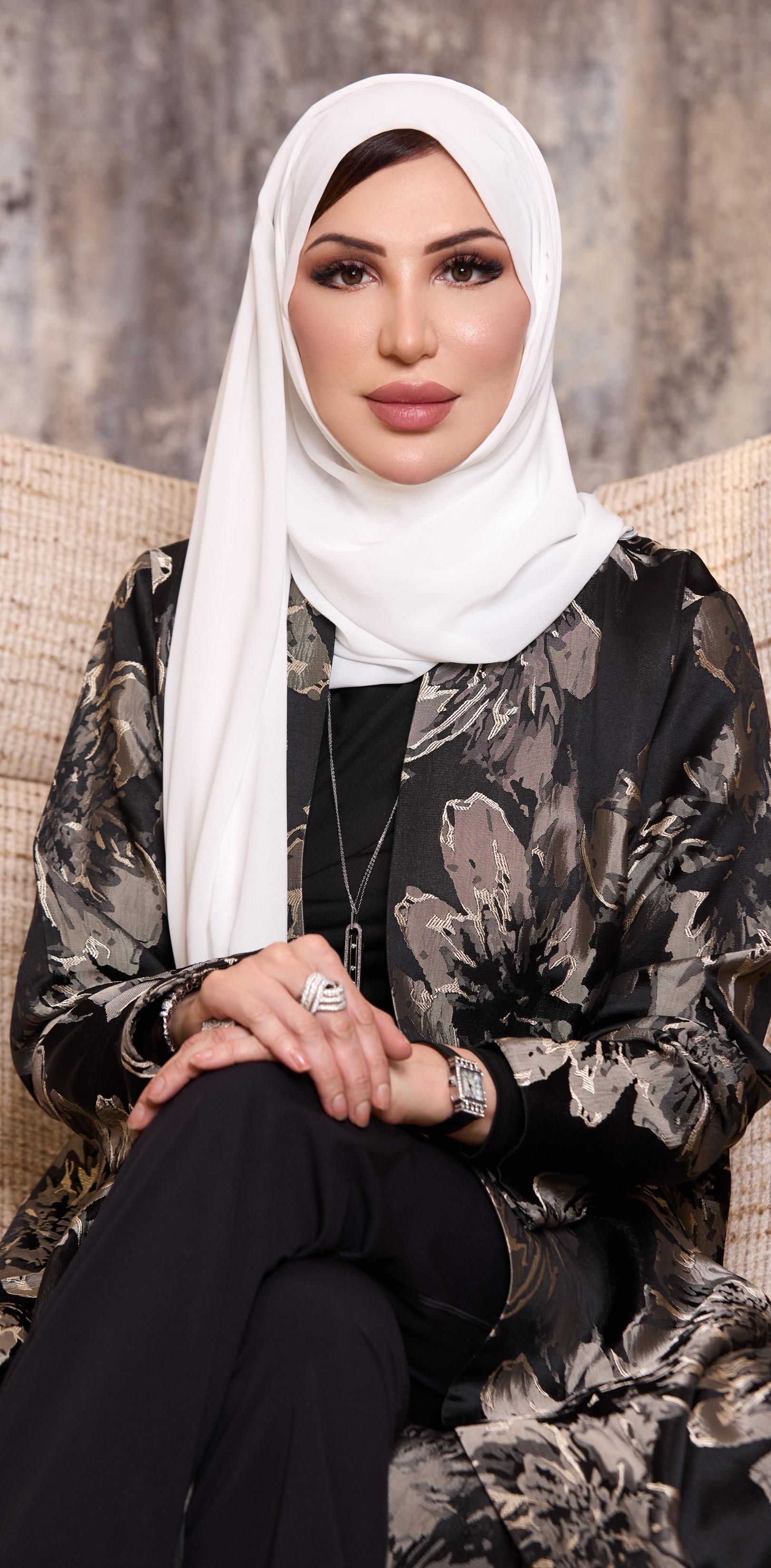
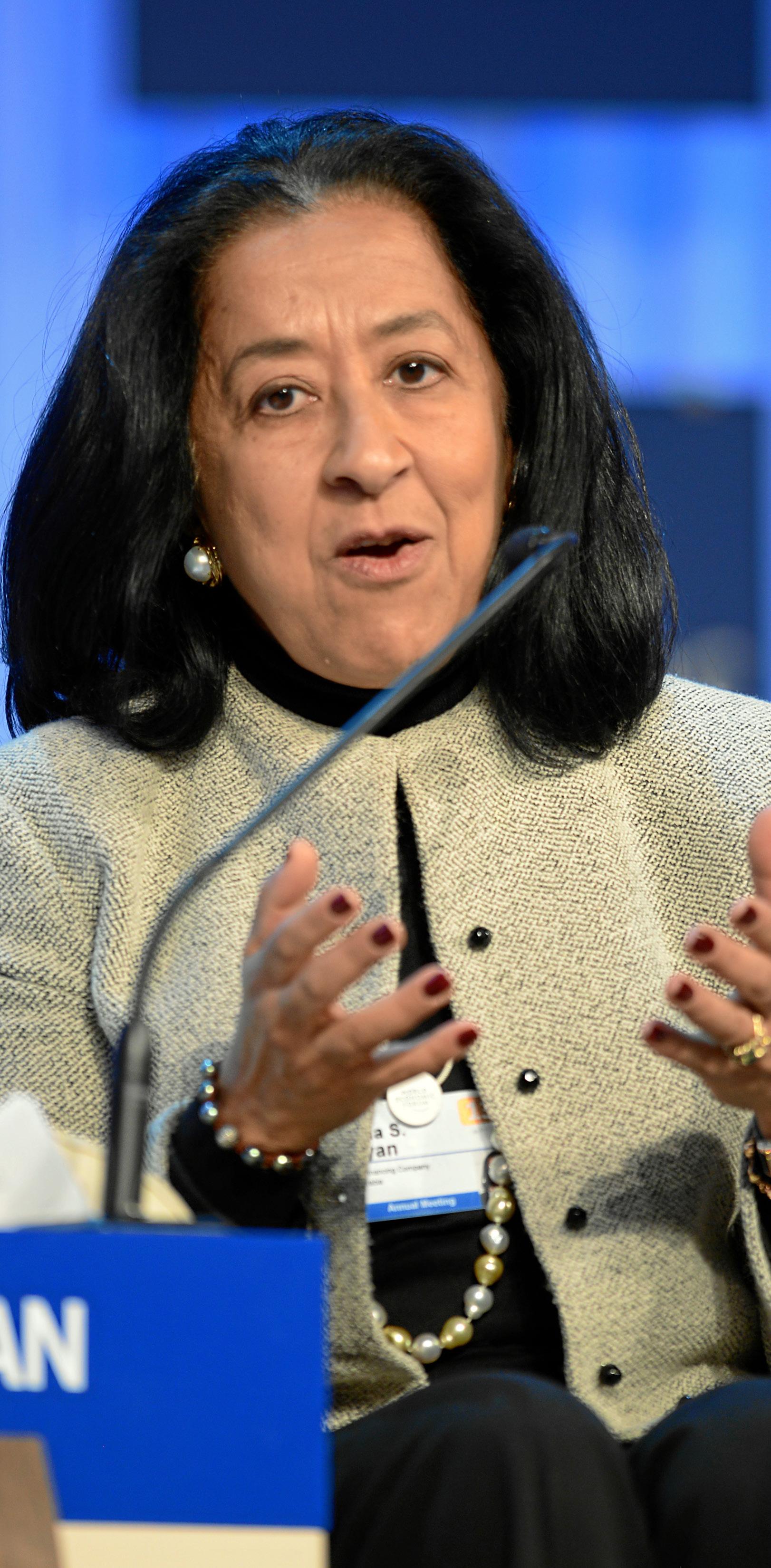



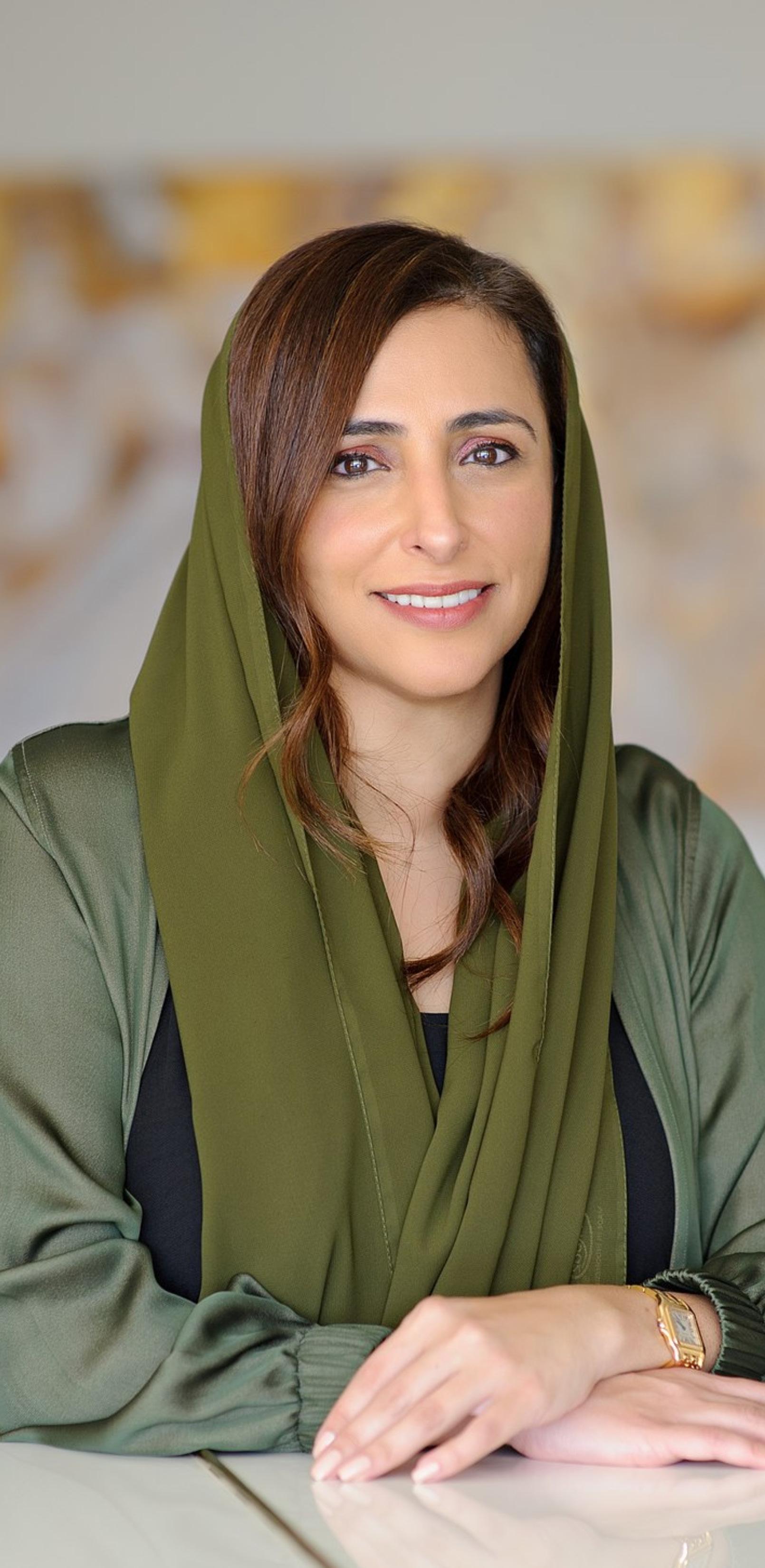




Women are at the forefront of economic development, driving innovation and inclusive growth across various sectors. The Top 20 Women in Economic Development are changemakers who are breaking barriers, leading impactful initiatives, and reshaping industries with their vision and determination. These trailblazers are not only creating opportunities within their own businesses but also fostering environments that uplift entire communities. From sustainable development to technological advancements, their contributions are accelerating progress and setting new benchmarks for leadership and excellence in economic empowerment. Their stories inspire a new era of growth where women are pivotal to shaping a prosperous future.


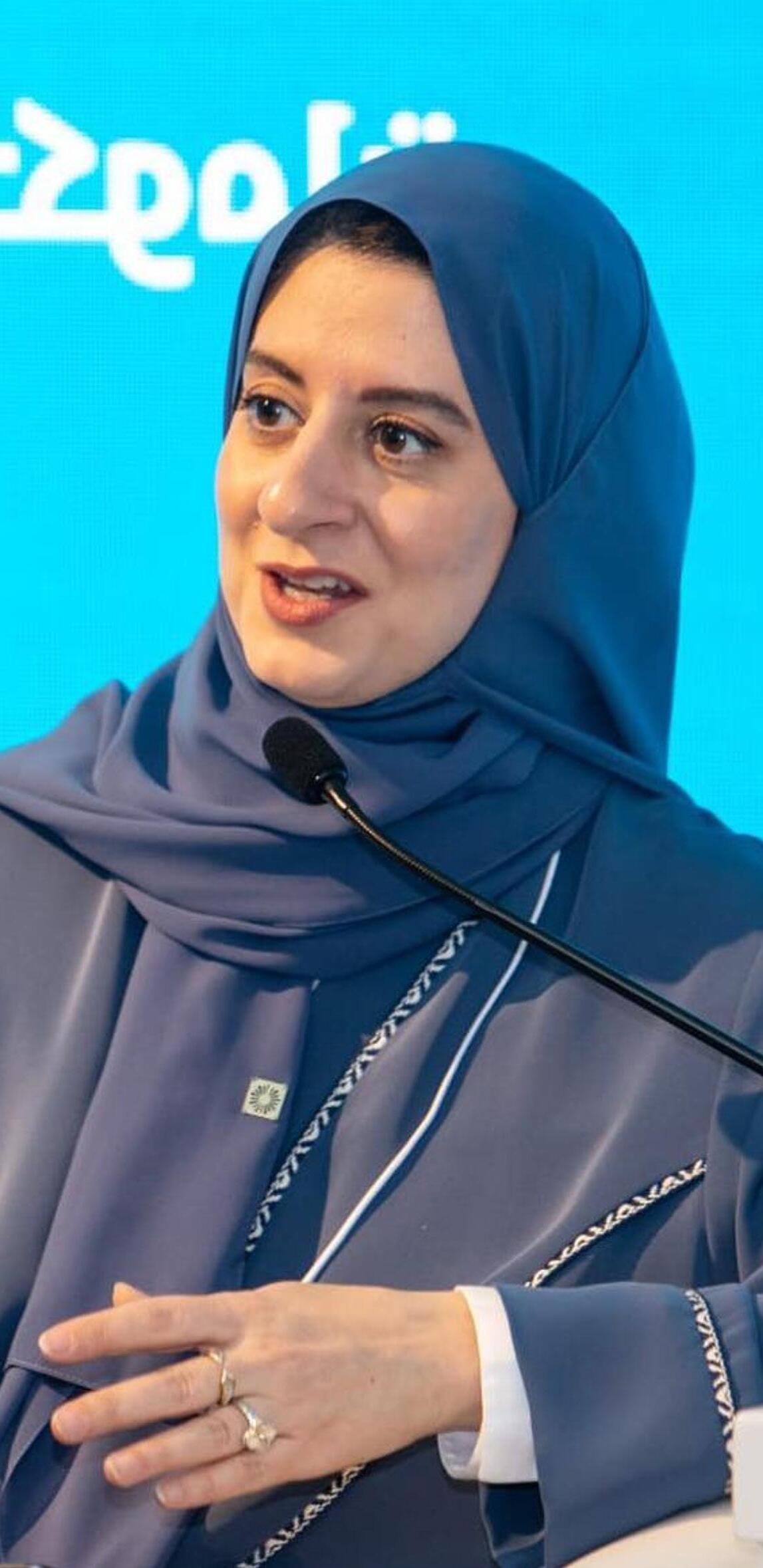
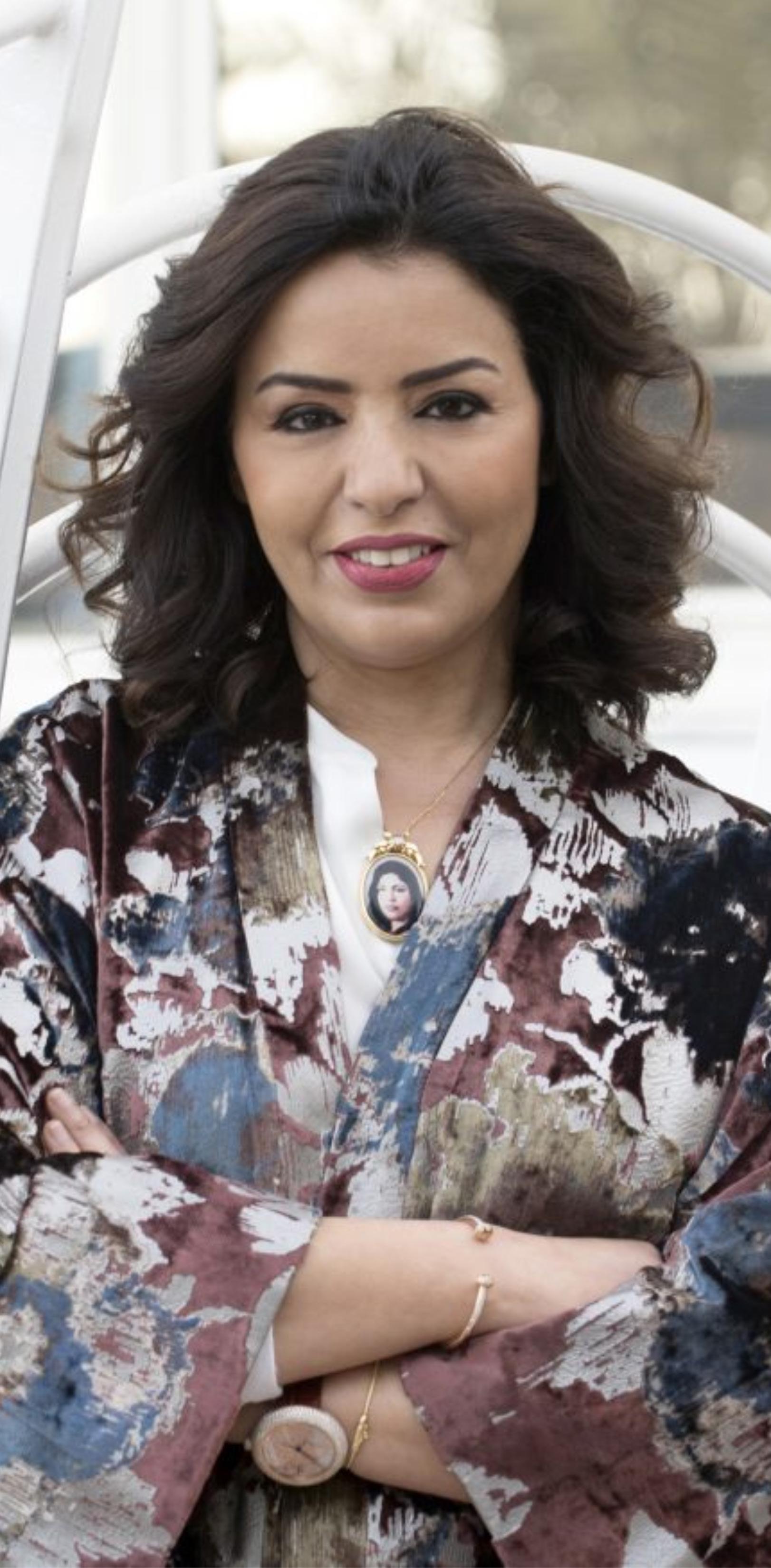
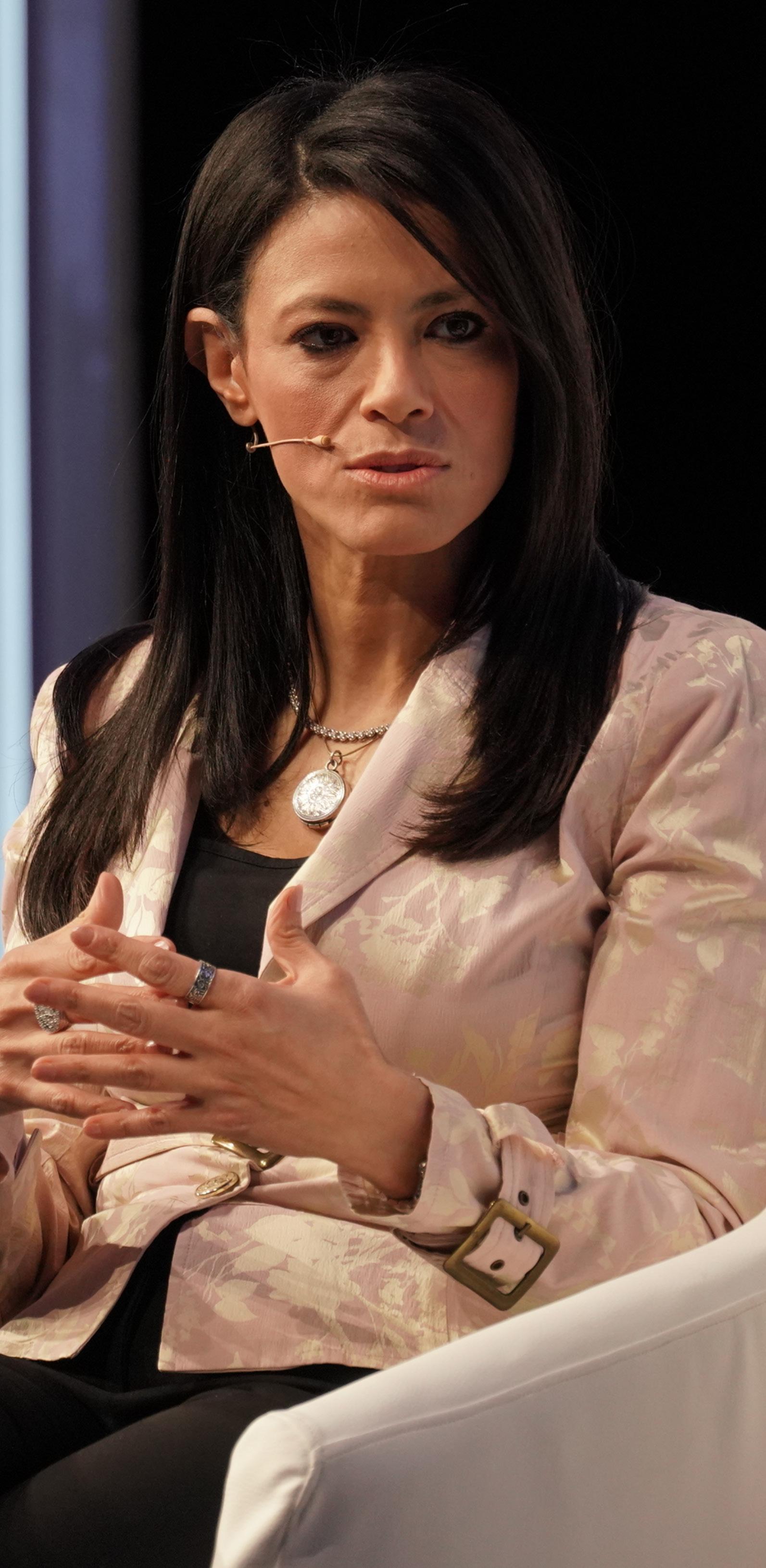
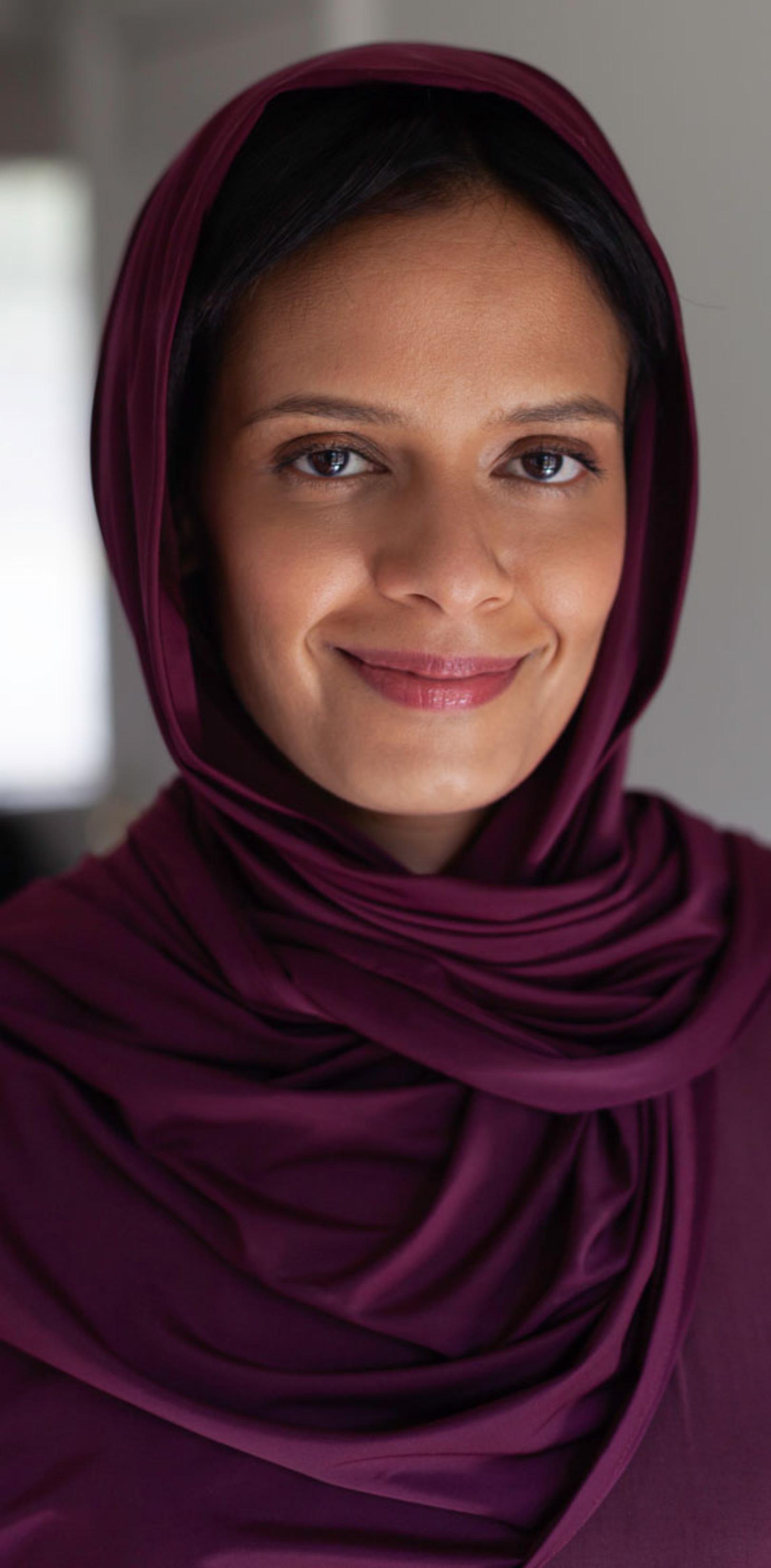
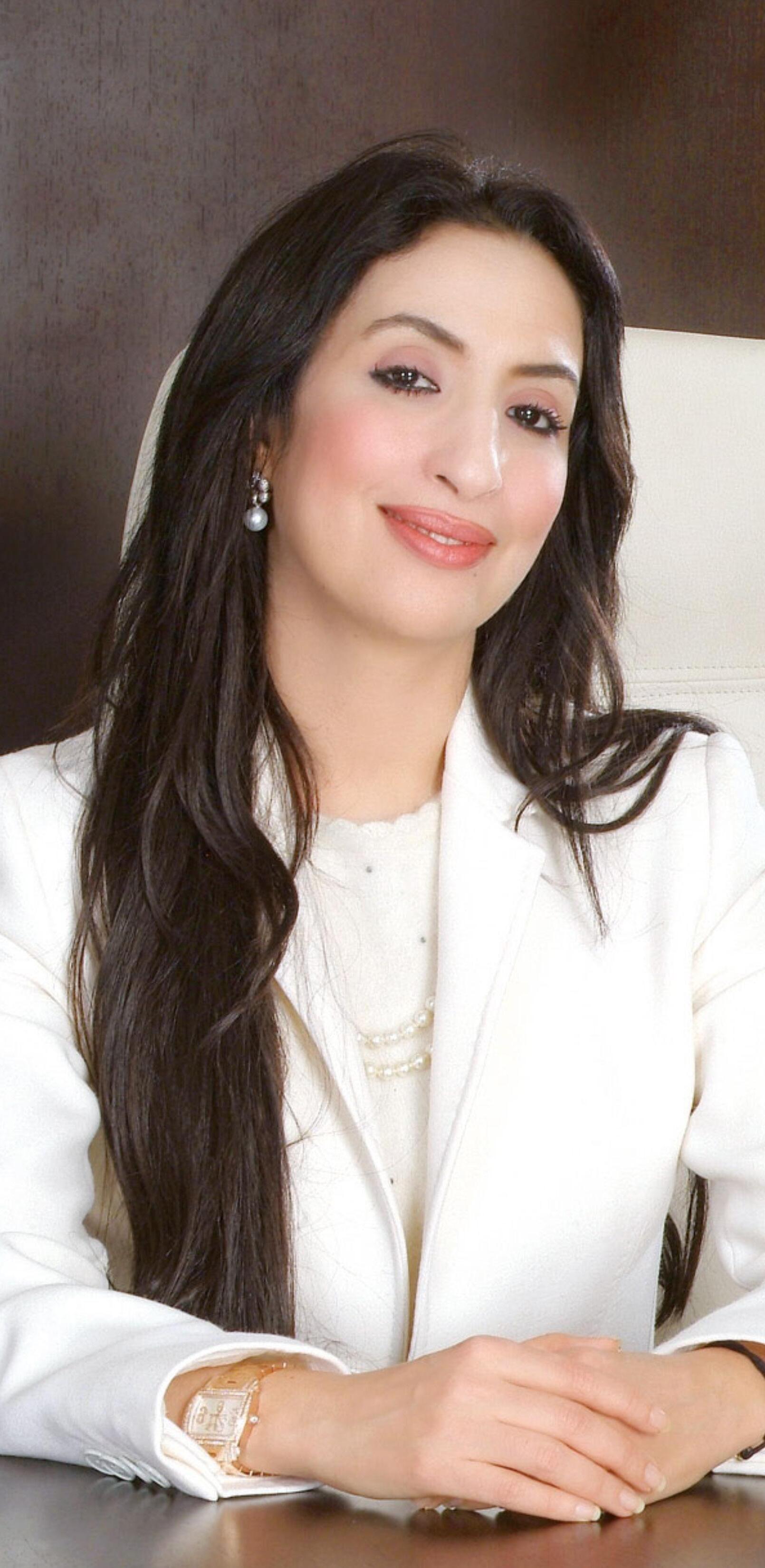

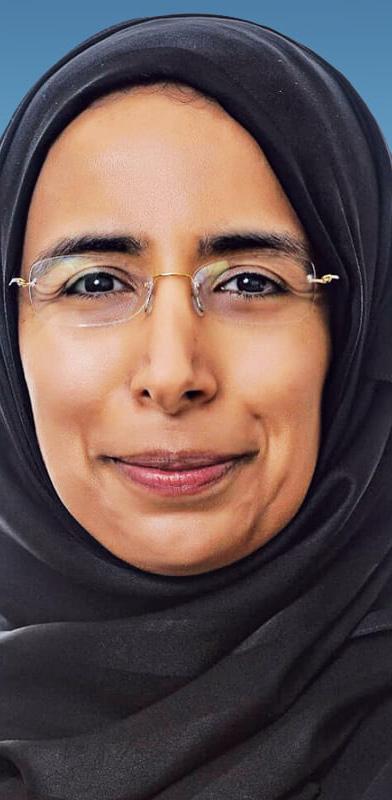


DR. BUTHAINA HASSEN AL-ANSARI IS ONE OF QATAR’S MOST INFLUENTIAL LEADERS, A VISIONARY WHOSE WORK ACROSS MULTIPLE SECTORS HAS LEFT AN INDELIBLE MARK ON STRATEGIC PLANNING, HUMAN RESOURCES, AND WOMEN’S LEADERSHIP IN THE MIDDLE EAST. WITH AN IMPRESSIVE CAREER THAT SPANS DECADES, DR. BUTHAINA HAS CONSISTENTLY DEMONSTRATED A COMMITMENT TO ADVANCING WOMEN’S ROLES IN LEADERSHIP AND CONTRIBUTING TO QATAR’S ECONOMIC DEVELOPMENT. HER ABILITY TO BLEND ACADEMIC EXPERTISE WITH PRACTICAL EXPERIENCE HAS MADE HER A SOUGHT-AFTER ADVISOR, LEADER, AND PUBLIC SPEAKER ON BOTH NATIONAL AND INTERNATIONAL STAGES
Born in Qatar, Dr. Buthaina’s journey to leadership was shaped by a deep commitment to education and personal growth. She pursued higher education with vigor, obtaining a Ph.D. in Business Administration from Nottingham Trent University in 2019. Her academic achievements are complemented by a Master’s degree in Business Administration from Qatar University (2006), a Master’s in Strategic Planning from the American University in Cairo (2008), and an Honorary Doctorate in Civil Law from Northum-
bria University (2022). In addition to these academic accolades, Dr. Al-Ansari is a graduate of the Executive Program at Qatar Leadership Centre (2018) and is PMP certified (2021), showcasing her broad expertise in project management and leadership.
Dr. Buthain’s career journey is a testament to her strong leadership skills and her ability to navigate complex or-
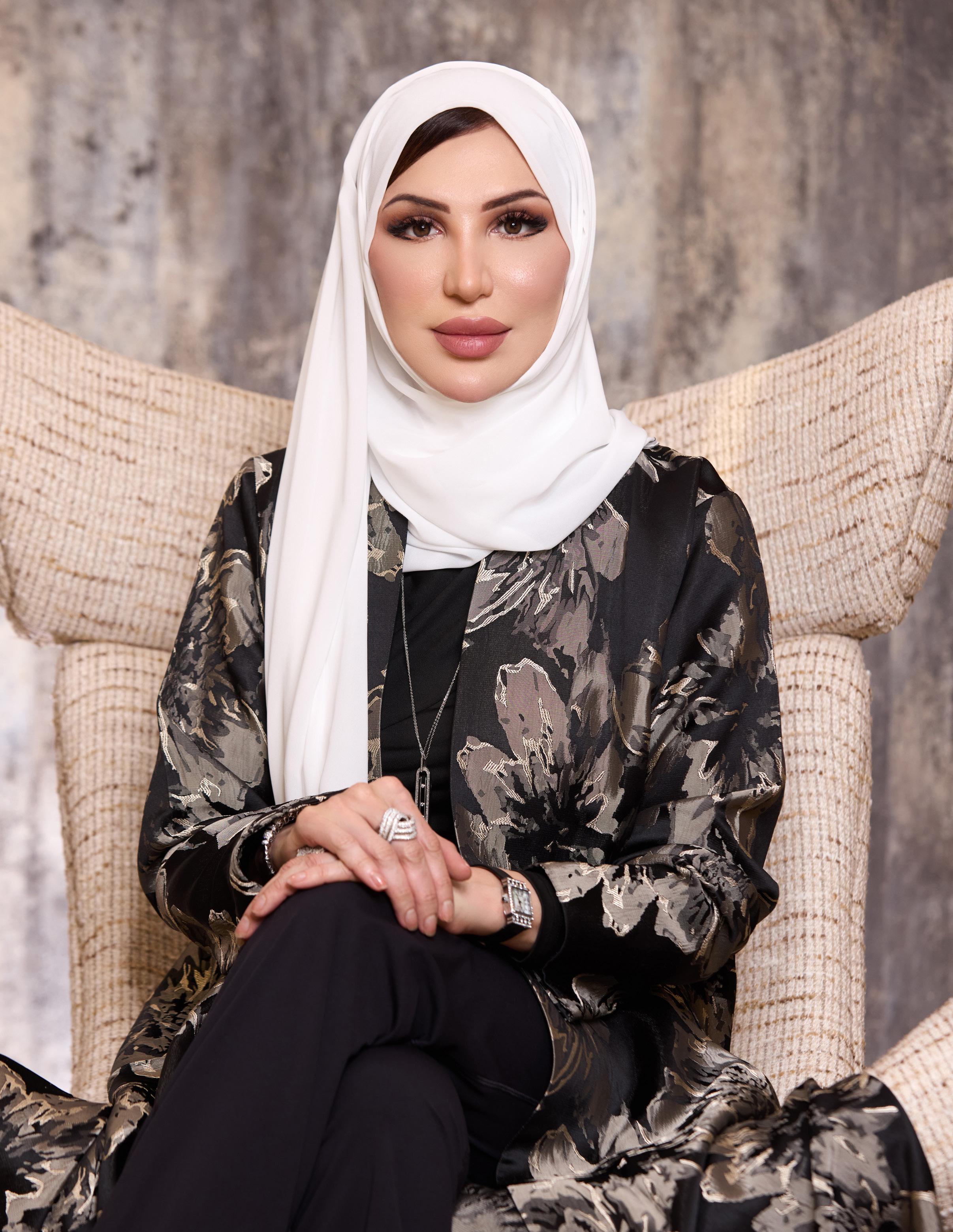
Embracing an entrepreneurial mindset within any organization allows us to drive real change and create lasting value.
ganizational structures. She has held key positions at some of Qatar’s most prominent organizations, including Ooredoo, Masraf Al-Rayan, and the Qatar Investment Authority. In these roles, she has consistently leveraged her expertise in human resources, strategic planning, and leadership development to drive organizational transformation and growth.
At Ooredoo, where she served as Senior Executive Director of Human Resources, Dr. Buthaina played a pivotal role in aligning HR strategies with the company’s goals, with a particular focus on Qatarization—an initiative aimed at increasing the representation of Qatari nationals in the workforce. Her leadership in establishing performance management systems and employee engagement programs helped to foster a high-performance culture within the organization, setting the stage for sustainable growth and development.
Her work at the Qatar Investment Authority, where she served as Acting Human Resources Director, further exemplifies her entrepreneurial mindset. Dr. Buthaina spearheaded a number of initiatives that enhanced organizational performance, including the revision of salary scales, the development of new recruitment strategies, and the strengthening of relationships with prestigious educational institutions like Harvard Business School and London Business School. These efforts not only advanced the Authority’s mission but also reinforced its commitment to building a robust and capable workforce.
· Launched and developed a podcast titled “فنجان مع بثينة,” offering a platform for sharing insights, experiences, and meaningful discussions.
· Awarded as one of the most successful women entrepreneurs in Qatar in 2016.
· Classified as one of the most powerful women in the Middle East by Arabian Business magazine.
· Recognized as one of the most successful women in enhancing education by Insights magazine.
· Recognized as one of the 13 most influential women in the Islamic world at an awards ceremony in Malaysia in 2019.
· Nominated as the Honorary Ambassador of the Qatar Cancer Society.

Empowering women in the workforce isn’t just about equality; it’s about leveraging the untapped potential that drives economic growth and societal progress.

One of Dr. Buthaina’s most notable contributions has been her unwavering commitment to women’s leadership and empowerment in the Middle East. Throughout her career, she has been a vocal advocate for the advancement of women in the workforce, using her platform to break down barriers and challenge societal norms. Her doctoral research, which focused on empowering Qatari women in employment, is a reflection of her lifelong dedication to this cause.
In addition to her research and advocacy, Dr. Buthaina has published several influential works on the subject of women’s empowerment and Qatar’s economic development. Her 2019 book, Strategic Management Planning: Empowering Qatari Women in Employment, is a critical analysis of the challenges and opportunities facing women in Qatar’s workforce and offers practical strategies for fostering greater inclusion and leadership.
Dr. Buthaina’s work in this field has not gone unnoticed. She has received numerous awards and accolades for her efforts, including being named one of the 100 most influential Arab women, a recognition that underscores her impact on the region’s business and economic landscape. Her contributions have also been acknowledged through her involvement with various boards and advisory groups dedicated to women’s empowerment and economic development.
In her current roles, Dr. Al-Ansari continues to influence key sectors in Qatar and beyond. As Chairman Adviser at Just Real Estate, she provides

strategic counsel to the senior leadership team, ensuring that the company’s vision aligns with its operational strategies. Her insights into policy changes, organizational impact, and leadership development have proven invaluable to the company’s growth and innovation.
Beyond the corporate world, Dr. Al-Ansari serves as an economic advisor and collaborative trainer at the Doha Institute for Graduate Studies. In this role, she helps shape the minds of future leaders, fostering an environment of entrepreneurial thinking and innovation. Her work with the Qatar Leadership Centre and the National Service and Government Development Commission further highlights her commitment to nurturing the next
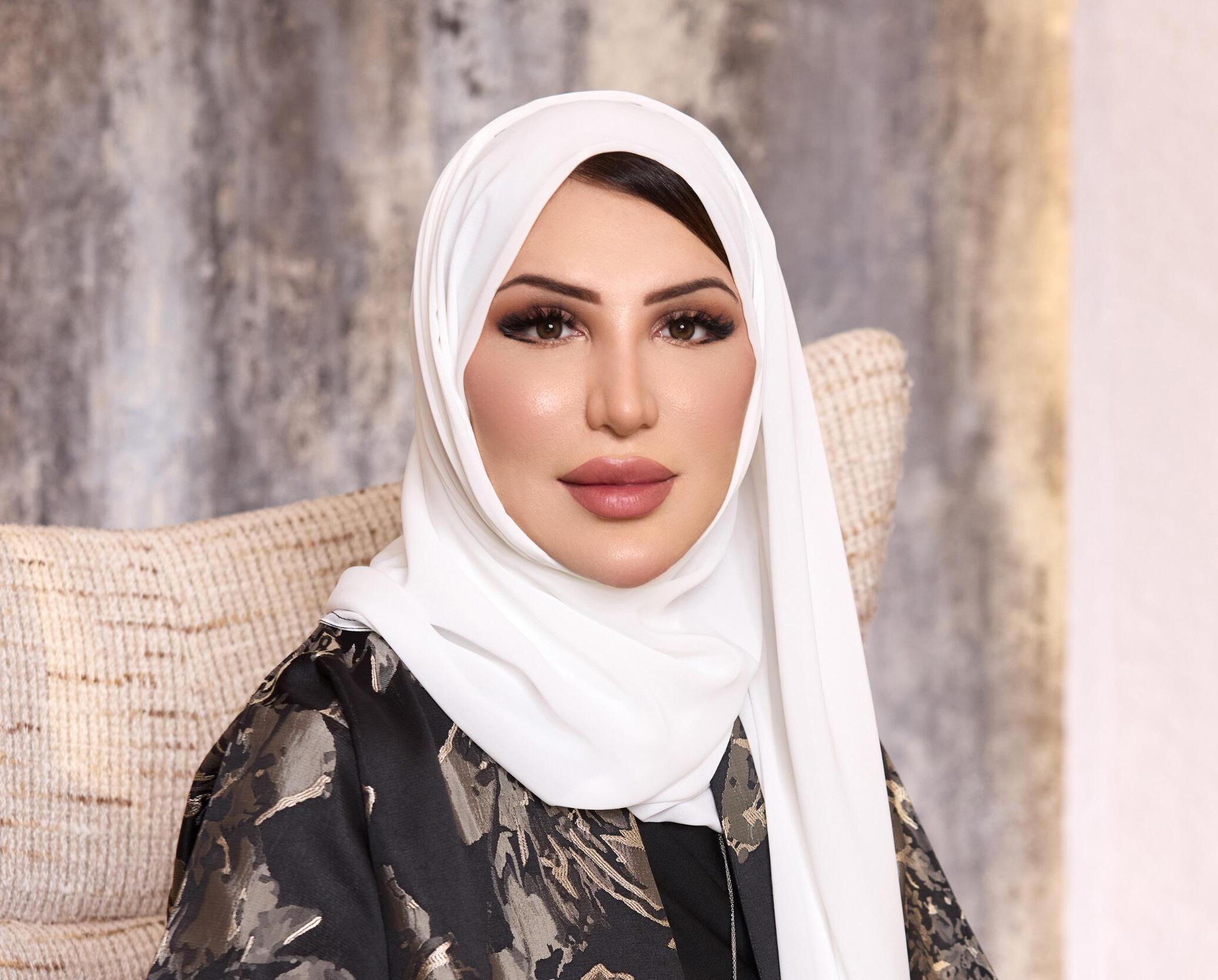
generation of leaders and promoting continuous development across Qatar. Her strategic foresight is not confined to the private sector. As a board member of Estithmar Holding, Dr. Al-Ansari continues to play an active role in shaping Qatar’s economic future. Her weekly column as an economist writer in Alwaten Newspaper allows her to share her insights on economic development, human resources, and strategic planning with a wider audience, further solidifying her influence as a thought leader.
Dr. Al-Ansari’s achievements have been widely recognized, both in Qatar and internationally. In 2022, she was award-
ed an Honorary Doctorate in Civil Law from Northumbria University in recognition of her contributions to education and economic development. She has also been a keynote speaker at numerous international conferences, sharing her expertise on topics such as strategic planning, human resource development, and women’s leadership.
Her leadership and innovation in digital transformation, corporate social responsibility (CSR) strategies, and national competency development have set new benchmarks for excellence across the organizations she has served. Her contributions to the entrepreneurial ecosystem in Qatar have made her a highly respected figure in both academic and business circles.
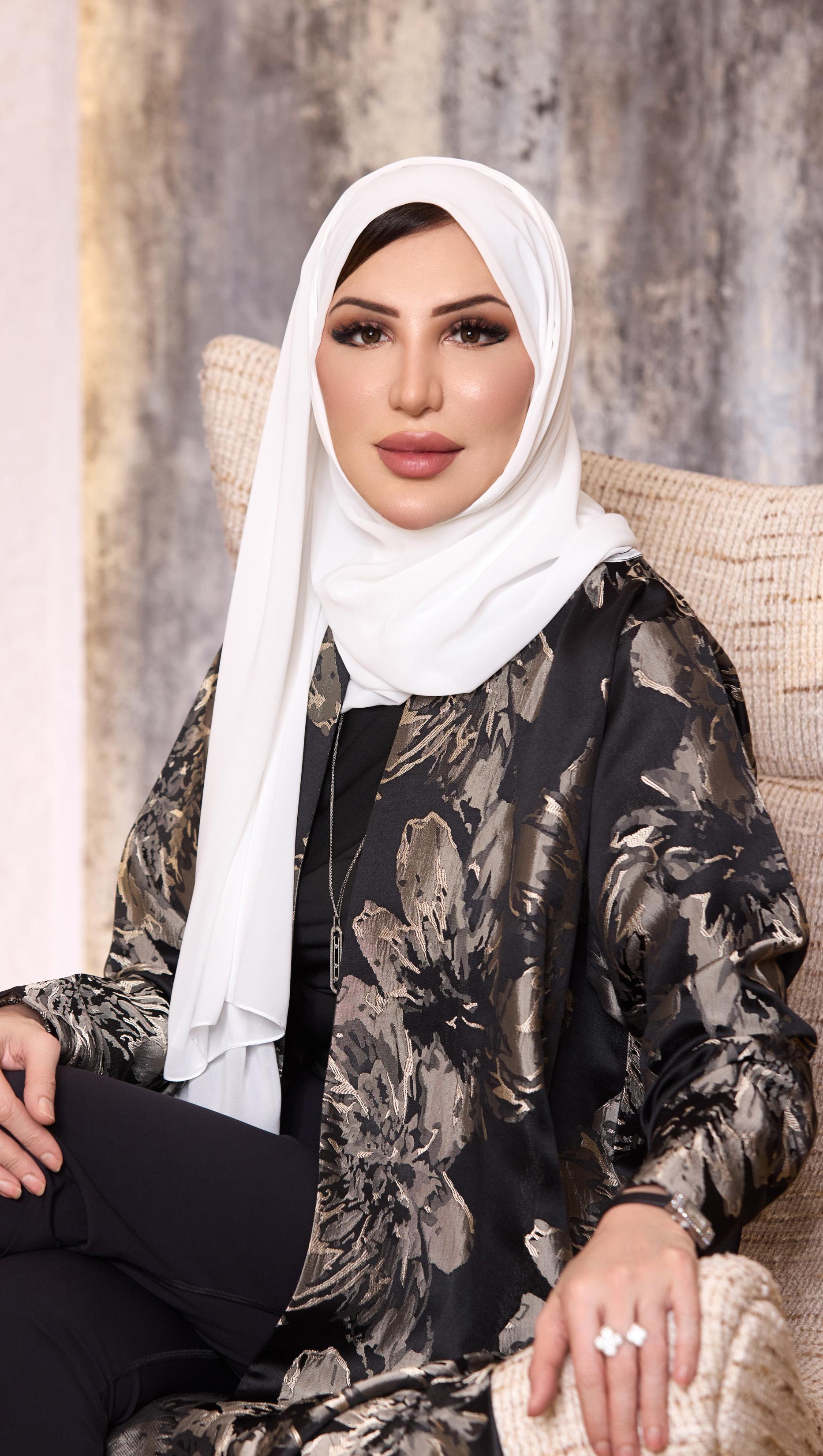
AI offers vast opportunities for transformation, and as women, we must actively prepare to harness its potential to empower and elevate our roles in this new technological era.
Throughout her career, Dr. Al-Ansari has consistently demonstrated an entrepreneurial mindset, whether by driving innovation within existing organizations or by influencing broader economic and social policies. Her ability to identify opportunities for growth, implement transformative strategies, and foster a culture of continuous improvement has made her a role model for aspiring leaders and entrepreneurs. Her work exemplifies the power of intrapreneurship—the ability to drive innovation from within an organization. By applying entrepreneurial principles to her roles in HR, strategic planning, and advisory capacities, Dr. Buthaina has shown how one can affect meaningful change and create lasting value, regardless of the industry or sector.
She specially stresses on the growing AI technology, and she believes as women, regardless of different roles in society, we must ask ourselves if we are truly prepared to embrace and engage with this transformative technology. It is time to bridge the gap and fully prepare to harness the potential of AI as a tool for empowerment. The opportunities AI presents are vast, and it is essential that we, as women, position ourselves to benefit from and contribute to this new era of technological advancement. Now is the moment to take action and ensure we are not left behind in this critical transformation, highlights Dr. Buthaina.
Dr. Buthaina Hassen Al-Ansari’s journey from a young Qatari scholar to a leading figure in business and economic development is nothing short of inspirational. Her career reflects a steadfast dedication to excellence, innovation, and empowerment. Through her work, she has not only advanced her own career but has also paved the way for countless others, particularly women, to follow in her footsteps.
As Qatar continues to grow and evolve, Dr. Buthaina’s influence will undoubtedly continue to shape the country’s business landscape and inspire future generations of leaders. Her story is a powerful reminder of the impact that one individual can have on an entire industry—and indeed, a nation—through vision, dedication, and an unwavering commitment to excellence.
Lubna Al-Olayan, a pioneering Saudi businesswoman, represents transformative change in Saudi Arabia’s business landscape. Recently appointed as chair of the Kingdom’s third-largest bank— formed by the merger of the Saudi British Bank (SABB) and Alawwal Bank—she has made history as the first woman in this role. Her leadership not only symbolizes progress but reflects decades of determination to advocate for women’s inclusion in Saudi business.
Born into the influential Olayan family, Lubna grew up inspired by her father, Sulaiman Olayan, founder of the Olayan Group, a multinational conglomerate. She joined
True progress in society is only possible when we tap into the full potential of all its members; we cannot move forward if half the population is left behind.
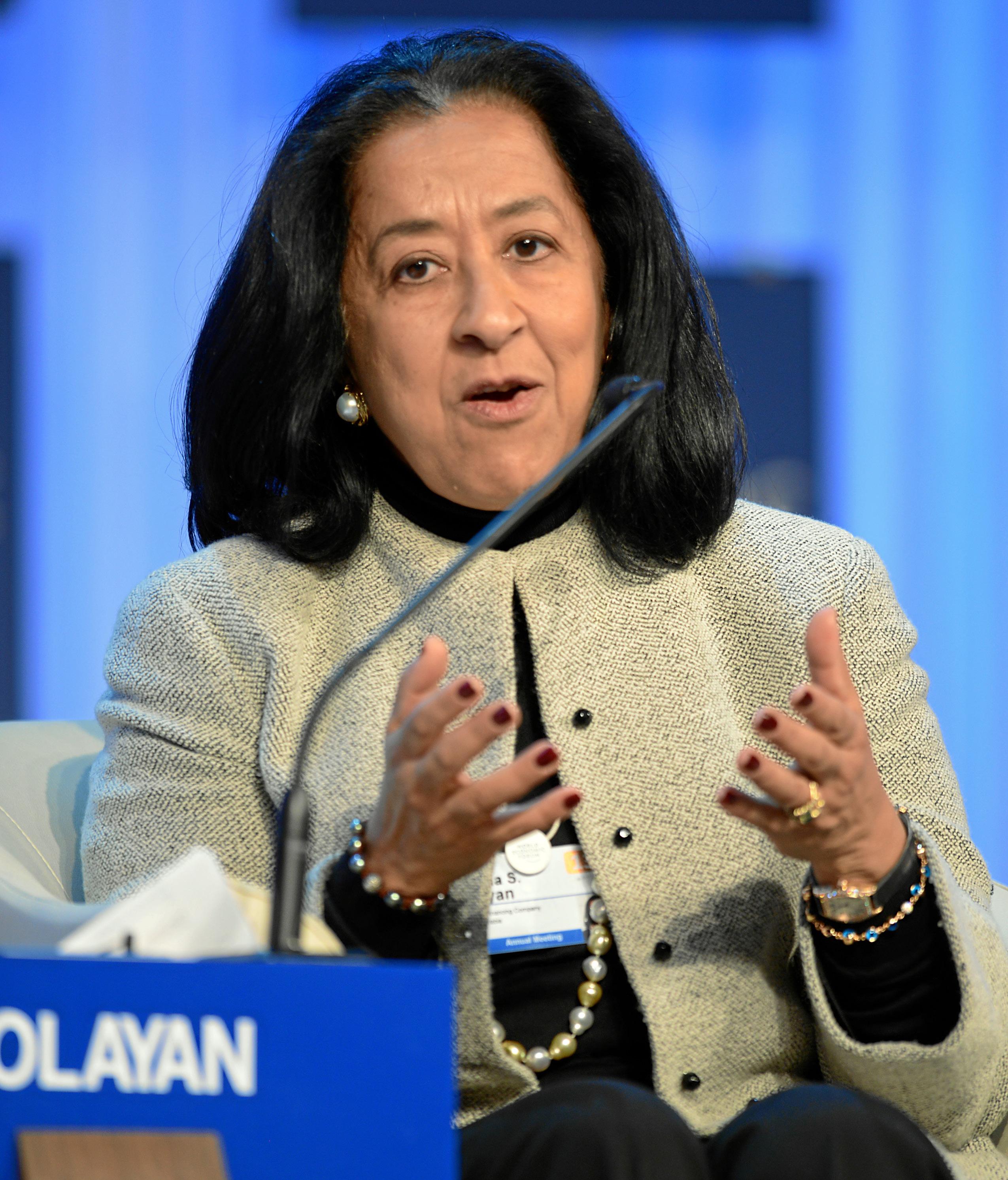
Olayan Financing Company (OFC) after a career with JP Morgan in New York, initially working as her father’s assistant. She quickly encountered cultural challenges in a male-dominated corporate environment. Nonetheless, she thrived, advocating for women’s representation and creating pathways for them within OFC. Her efforts led to a notable increase in female employees, with women now making up a significant portion of OFC’s Middle Eastern workforce.
Lubna’s influence extends globally. She has served on boards of major corporations, including Rolls-Royce and Citigroup, and became the first Saudi woman on a public company board in Saudi Arabia in 2004. A champion for education, she supports Cornell and INSEAD and backs philanthropic initiatives aimed at positive social change in the Arab world. Her legacy as a trailblazer inspires future generations, showing that resilience and leadership can bridge tradition and progress.
True progress requires that women are not just participants but leaders in shaping the future of our societies.
Dr. Raja Easa Al Gurg is a distinguished leader and advocate for women’s empowerment in the Middle East, serving as Chairperson and Managing Director of the Easa Saleh Al Gurg Group, one of the UAE’s foremost business conglomerates. Under her leadership, the group has thrived, setting industry standards across the UAE. Dr. Al Gurg’s dedication to advancing women in business is evident through her role in founding the Dubai Businesswomen Council, a vital platform for female entrepreneurs seeking support and guidance.
In addition to her corporate leadership, Dr. Al Gurg plays influential roles on numerous boards, including the Dubai Chamber of Commerce, National Bank of Fujairah, and Dubai Academic Health Corporation, where she advocates for policies that promote women in business and education. Her commitment to educational advancement is reflected in her involvement with academic institutions like the University of Dubai and Mohammad Bin Rashid University of Medicine and Health Sciences, underscoring her belief in education as a force for empowerment.
A passionate philanthropist, Dr. Al Gurg chairs the Easa Saleh Al Gurg Charity Foundation and Al Jalila Foundation, focusing on healthcare and community welfare. Her contributions embody a vision of inclusive progress, leaving a legacy of empowerment and social impact.
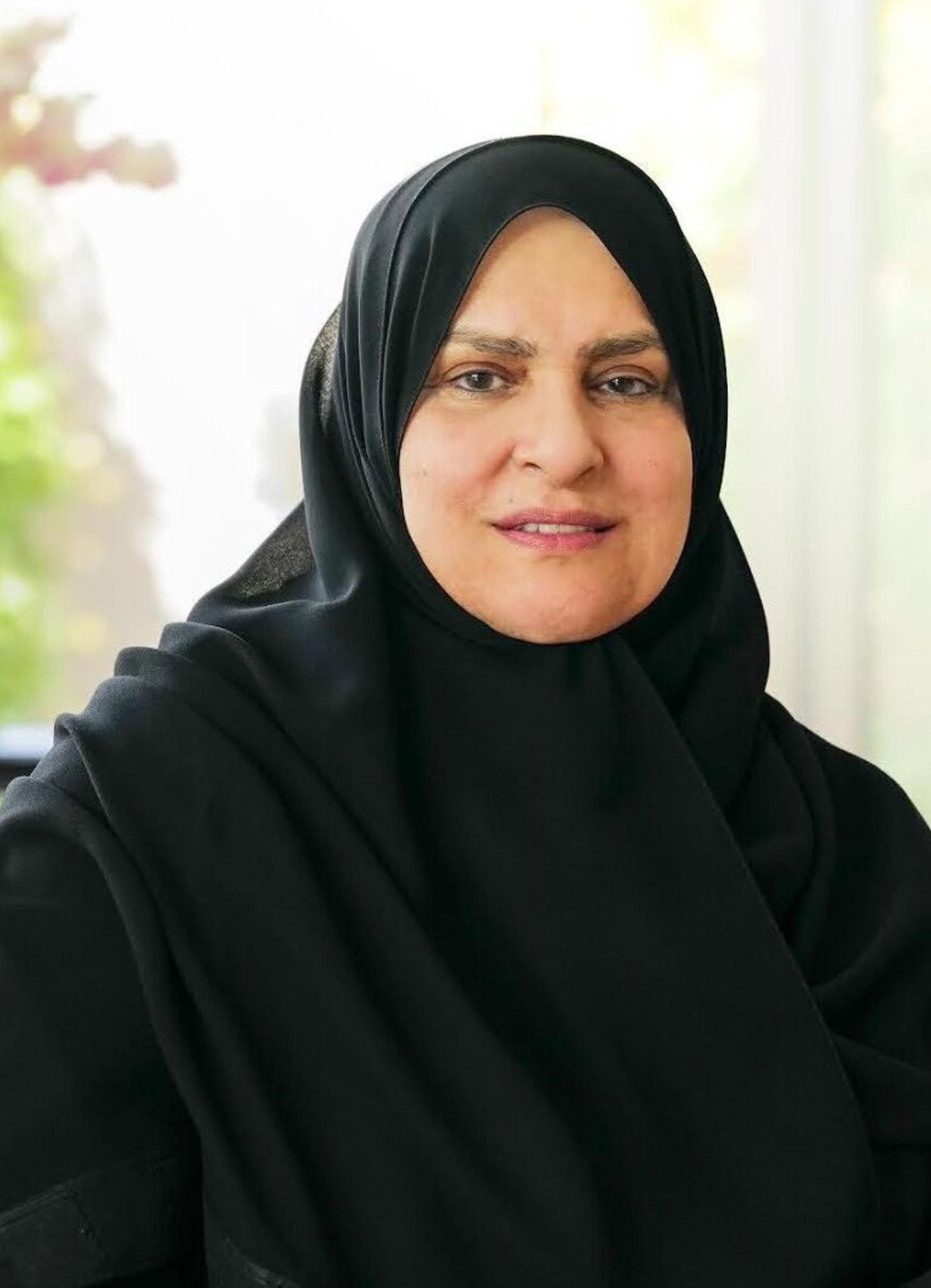

Sarah Al Suhaimi is a pioneering leader in the Middle Eastern financial sector, serving as Chairperson of the Board of Directors of Tadawul, the largest stock exchange in the region. Under her guidance, Tadawul has become a model for transparency and innovation, enhancing investor confidence and advancing digital transformation in the Saudi market. Al Suhaimi’s path-breaking career began after her top honors in Accounting from King Saud University and further honed through Harvard’s General Management Pro-
Real change requires vision, resilience, and a commitment to building markets that are inclusive and forward-looking.
gram. Her early success at Jadwa Investment as Chief Investment Officer established her as a key figure in strategic asset allocation and growth.
Since her appointment as Chair of the Saudi Tadawul Group in 2017, Al Suhaimi has led significant advancements within Tadawul’s ecosystem, including overseeing the Saudi Exchange, Muqassa, Edaa, and Wamid. Her 2022 role as Chair of Lazard’s Financial Advisory business for the MENA region further underscores her influence in international finance. She also contributes to Saudi Arabia’s Vision 2030, holding board positions with Saudi Arabian Airlines, the Cultural Development Fund, and more.
Named among Forbes’ most powerful businesswomen, Al Suhaimi’s legacy continues to inspire. Her journey highlights the importance of innovation and integrity in finance, setting a powerful example for the next generation.
True development is achieved when economic progress goes hand in hand with institutional reform and social inclusion.
Dr. Hala ElSaid has emerged as a transformative force in Egypt’s economic reform and development. Serving as Egypt’s Minister of Planning and Economic Development since 2019, she leads with a vision rooted in economic resilience and institutional progress, particularly through Egypt Vision 2030. Her journey from academia to high-level public service reflects her dedication to advancing Egypt’s socioeconomic landscape.
A distinguished economist, Dr. ElSaid earned her PhD in Economics from Cairo University in 1989 and later became the first elected dean of the Faculty of Economics and Political Science in 2011. She has been a vital contributor to Egypt’s academic growth, authoring impactful studies on financial reform and corporate governance. Her academic rigor complements her practical experience in banking, where she led the Egyptian Banking Institute for eight years. Under her leadership, the Institute became the MENA

region’s first accredited financial training body, setting new standards for banking excellence.
Dr. ElSaid’s public sector achievements began in 2017 when she became Minister of Planning, Monitoring, and Administrative Reform, launching initiatives that modernized and reformed Egypt’s institutions. Her efforts earned her the Best Arab Minister Award in 2020. As a central figure in Egypt’s Vision 2030, she champions policies that foster inclusive growth, sustainable development, and economic stability.
Her legacy is marked by a commitment to a resilient, prosperous Egypt, blending academic insight with transformative leadership.
Rania Nashar’s historic appointment as the first female CEO of Saudi Arabia’s Samba Financial Group is a milestone in the Kingdom’s banking sector, symbolizing progress under Vision 2030 and the push for gender equality. With over two decades in commercial banking, Nashar’s expertise positions her at the forefront of Saudi Arabia’s financial transformation and its broader economic reforms.
Nashar’s career at Samba Financial Group has been marked by her strategic vision and impact on global investment initiatives. Before becoming CEO, she was instrumental in shaping Samba’s international strategy as a board member of its global markets subsidiary, establishing herself as a trusted leader with a comprehensive grasp of financial management, risk analysis, and commercial growth.
Her role as CEO aligns closely with the objectives of Vision 2030, which aims to diversify the economy, reduce oil dependency, and elevate gender parity in the workforce. Nashar’s leadership is a direct response to these goals, steering Samba toward inclusive and internationally aligned banking practices. She embodies the emerging role of Saudi women in the country’s economic landscape, illustrating how increased gender equality in leadership can drive both social and financial gains.
As CEO, Nashar not only exemplifies personal achievement but also represents a cultural shift in Saudi Arabia, paving the way for future women leaders in finance and beyond.
Progress isn’t just about growth; it’s about creating opportunities and opening doors for future generations.

Innovation in governance is about staying ahead—creating solutions today that address the challenges of tomorrow.
Huda AlHashimi, the UAE’s Deputy Minister for Cabinet Affairs for Strategic Affairs, is a leading force in shaping the nation’s strategic development and innovation framework. In her role, AlHashimi is dedicated to aligning the UAE’s long-term strategy with the Leadership’s vision, fostering a government that is resilient, responsive, and future-focused. Tasked with advancing the UAE’s National Agenda, she ensures that government entities are well-prepared to meet ambitious targets through innovative, adaptable solutions.
One of her notable achievements is leading the Mohammed Bin Rashid Center for Government Innovation (MBRCGI), an institution instrumental in embedding a proactive, inventive culture within the public sector. Through the MBRCGI, AlHashimi has championed programs such as the Zero Government Bureaucracy initiative and the

Government Accelerators, which expedite high-priority projects with a results-driven approach. Her work emphasizes a shift in government culture toward efficiency and forward-thinking solutions, redefining bureaucratic norms in the UAE.
Beyond her official duties, AlHashimi is committed to gender balance and education. She serves on the UAE Gender Balance Council and boards of institutions like Hamdan Bin Mohammed Smart University and Emirates NBD, contributing to policy development and economic resilience. Her involvement with the World Economic Forum’s technology policy council underscores her commitment to global tech policy.
AlHashimi’s impact as a strategist reinforces the UAE’s position as a global leader in government innovation, setting new standards in governance.

Mrs. Maha Al-Ghunaim, Vice Chairman and Group CEO of Global Investment House, is a transformative leader in Middle Eastern finance, having co-founded Global Investment House in 1998. Over three decades in the industry, her strategic direction has propelled the firm into a regional powerhouse in asset management and investment banking. Mrs. Al-Ghunaim’s expertise has guided major transactions, including a landmark $10.7 billion telecom merger and the raising of $10 billion in equity capital alongside $3 billion in debt financing across conventional and Islamic structures. With $4 billion in assets under management, she is a trusted advisor and a pivotal figure in regional finance.
Mrs. Al-Ghunaim’s influence extends beyond her firm, as she serves on multiple boards and advisory councils, providing strategic insight across the Middle East. Her achievements have garnered her substantial recognition; she received the Banker Middle East Industry Award and was named one of the “Top 50 Women to Watch” by The Wall Street Journal. Forbes included her in its list of the world’s 100 most influential women for three consecutive years, highlighting her role as a role model for Arab and Muslim women in finance.
Armed with a B.S. in Mathematics from San Francisco State University, Mrs. Al-Ghunaim exemplifies how commitment and vision can redefine industries, inspiring women throughout the Islamic world to pursue ambitious paths in finance.
True leadership in finance is about creating opportunities and building bridges for the next generation.
Rania A. Al-Mashat stands as a vital figure within Egypt’s cabinet, currently serving as the Minister of Planning, Economic Development, and International Cooperation. Since her appointment to the cabinet in 2018, Al-Mashat’s leadership and economic insight have driven forward key reforms and modernization efforts within Egypt. Prior to her current role, she held the positions of Minister of International Cooperation and Minister of Tourism, spearheading efforts that underscored Egypt’s commitment to economic progress and sustainable international partnerships.
Building economic resilience requires a balance of reform, innovation, and global collaboration.

Her career began in global economic arenas, with significant time at the International Monetary Fund (IMF) in Washington, DC, where she served as an Advisor to the Chief Economist and later as a Senior Economist. During her tenure at the Central Bank of Egypt (CBE), Al-Mashat was instrumental in the modernization of Egypt’s monetary policy strategy, contributing to the banking sector reform program introduced in 2004. Her work helped establish an inflation-targeting framework—a crucial advancement in Egypt’s financial policy that reinforced stability and transparency in the banking sector. This structural reform became one of the foundational changes supporting Egypt’s economic resilience and growth.
Al-Mashat’s roles have extended beyond the CBE and the IMF to positions on the boards of key Egyptian financial institutions, including the Egyptian Stock Exchange, the Egyptian General Authority for Free Zones and Investment, and two prominent regional banks—the Arab International Bank and the Arab Investment Bank. Her comprehensive understanding of both national and global economic landscapes enables her to represent Egypt’s interests effectively as a Governor and Alternate Governor in numerous international financial institutions, such as the World Bank Group, European Bank for Reconstruction and Development, and the newly joined New Development Bank, among others.
Al-Mashat’s international experience, combined with her dedication to Egypt’s economic advancement, continues to shape her strategic contributions to the country’s future. Her influence in the field of economic policy, combined with her commitment to fostering robust international partnerships, has positioned her as one of Egypt’s most forward-thinking leaders.
Princess Dr. Reem bint Mansour Al Saud has become a prominent leader in international policy and sustainable development, serving as a member of Saudi Arabia’s Permanent Delegation to the United Nations since 2015. Her expertise spans socio-economic research and policy design, with a focus on advancing women’s rights and workforce participation. Dr. Reem holds a Ph.D. in Middle Eastern studies from Oxford University and completed a postdoctoral fellowship at Harvard’s Kennedy School, where her research concentrated on Saudi labor policies, especially those impacting women.
True progress lies in policies that empower individuals and build resilient societies, promoting sustainable growth for all.

This background underscores her commitment to gender equity and inclusivity within Saudi Arabia’s evolving economic landscape.
At the UN, Dr. Reem leverages her knowledge to advance sustainable development aligned with Saudi Arabia’s strategic objectives, working on capacity building and outreach to foster long-term solutions to social and economic challenges. Her approach integrates legal, economic, and financial tools to create policies that drive sustainable development both nationally and globally. Dr. Reem’s work resonates beyond national borders, advocating for collaborative approaches to achieve lasting impact.
Dr. Reem bint Mansour Al Saud represents Saudi Arabia’s progressive vision for women’s empowerment, bridging national priorities with global sustainable development goals. Her contributions inspire meaningful change, reflecting her dedication to a future where policy and practice converge to foster inclusive growth and opportunity.
SA sustainable future requires that we invest in people, ideas, and cultures that inspire and connect our global community.
heikha Bodour bint Sultan Al Qasimi is a visionary leader in the UAE, driving advancements across education, technology, culture, and business. In January 2023, she was appointed President and Chairperson of the Board of Trustees at the American University of Sharjah (AUS), where she is committed to preparing students as global citizens and leaders. Her strategic direction at AUS aligns with Sharjah’s goals for socio-economic growth and innovation, with a focus on excellence in research, teaching, and public service.
Sheikha Bodour also spearheads technological progress as Chairperson of the Sharjah Research, Technology, and Innovation Park (SRTIP), a $150 million initiative aimed at establishing Sharjah as a leader in emerging technologies. Additionally, her leadership at the Sharjah Investment and Development Authority has attracted over $4 billion in foreign direct investment, significantly boosting Sharjah’s economy and workforce. Through the Sharjah Entrepreneurship Center (Sheraa), she has supported the growth of over 150 startups, positioning Sharjah as an innovation hub.
In culture, as Chairperson of the Sharjah Book Authority, Sheikha Bodour strengthens the UAE’s publishing industry. She oversees the Sharjah International Book Fair and Sharjah Publishing City, furthering the UAE’s role in global literature. She also founded the Kalimat Publishing Group, bringing Emirati stories to readers worldwide.
An advocate for diversity, she served as the first Arab president of the International Publishers Association and founded PublisHer, a network promoting inclusion in publishing. Her influence spans sectors and borders, advancing education, economic development, and cultural innovation.
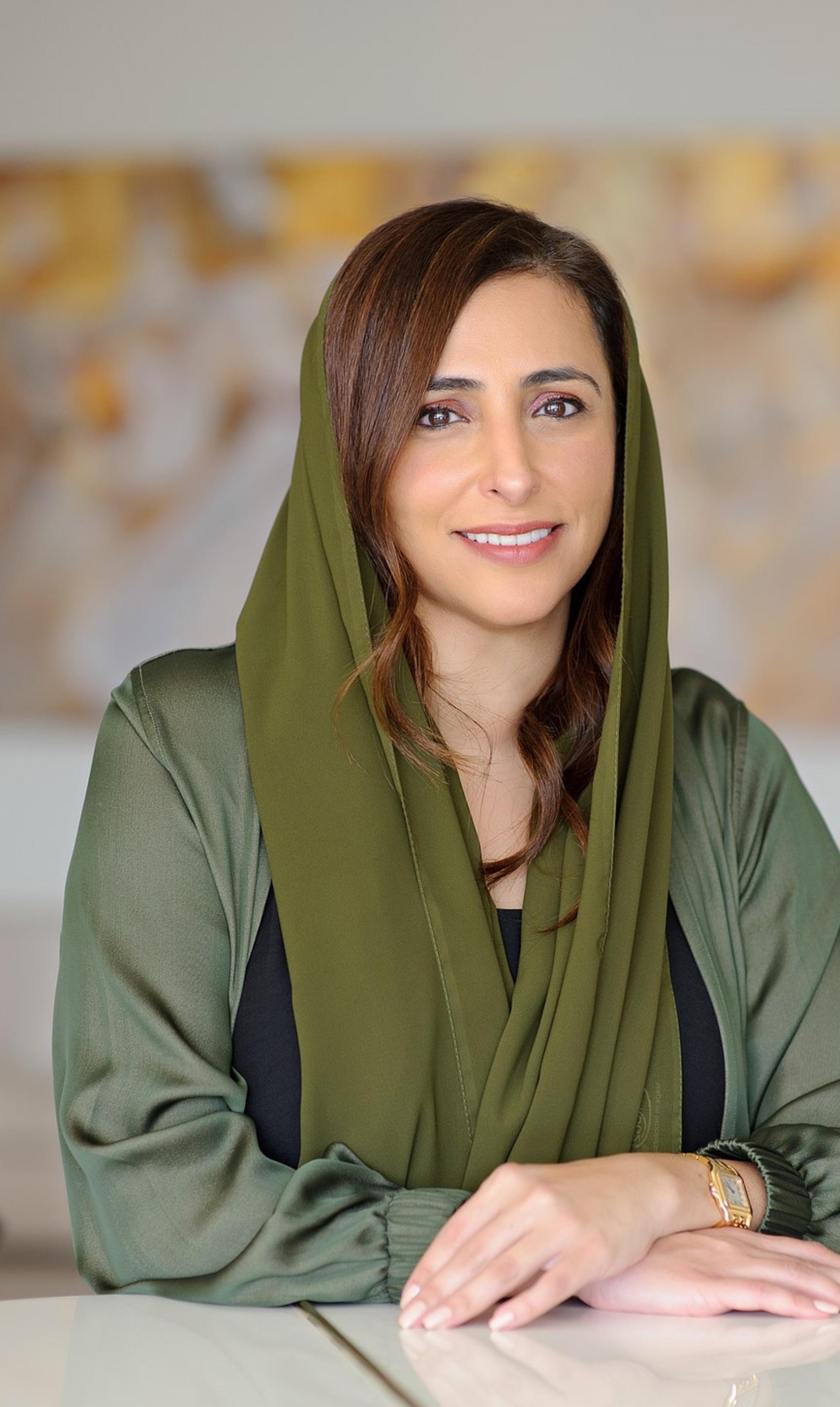
Amal Clooney is a leading voice in international law and human rights, dedicating her career to seeking justice for victims of grave abuses. Co-founder of the Clooney Foundation for Justice with her husband George Clooney, Amal combines her legal expertise with a humanitarian mission to address global injustices. Her work spans prestigious international courts, including the International Court of Justice, the International Criminal Court, and the European Court of Human Rights, where she has represented victims in critical cases involving genocide, war crimes, and human rights violations.

Justice requires courage, perseverance, and an unwavering commitment to the truth, no matter the challenges.
Amal has played a crucial role in holding ISIS accountable, representing Yazidi genocide victims in one of the only genocide cases against the militant group. She also served as counsel for 126 Darfur genocide victims at the International Criminal Court, earning her the role of Special Adviser on Darfur. Currently, she is a member of the Task Force on Accountability for Crimes Committed in Ukraine and represents Myanmar’s genocide case against the Rohingya people.
Her advocacy extends to defending journalists and political prisoners. Amal represents Maria Ressa, a Filipino journalist facing persecution, and received the Gwen Ifill Award for her work in press freedom. In addition to her legal practice, she teaches as an Adjunct Professor at Columbia Law School and has co-authored a notable textbook on fair trials.
Success is about creating opportunities and fostering a platform where others can rise.
Mona Ataya, the visionary CEO and Founder of Mumzworld.com, is a trailblazer in the Middle Eastern business world, transforming the region’s e-commerce landscape for mothers and children. Since launching Mumzworld in 2011, Mona has built the platform into the leading online marketplace for families, reaching over 2.5 million mothers and delivering to more than 20 countries. Her mission was to create a comprehensive, reliable shopping experience tailored specifically to the needs of mothers, setting a new standard in customer engagement, product variety, and delivery services.
Under her leadership, Mumzworld became the #1 funded women-led e-commerce company in the Middle East, securing multiple funding rounds and culminating in a landmark acquisition by a Saudi strategic giant—a milestone for women-led businesses in the region. Recognized with over 100 awards, Mona is celebrated among Forbes’ most impactful women and has been named one of the 30 Most Influential Women in the Arab World.
Beyond her business achievements, Mona champions mentorship and women’s empowerment. As a member of the Dubai Chamber of Digital Economy and the first woman in the Middle East selected into Endeavor’s global network, she supports young female entrepreneurs in realizing their potential. Her advocacy for women in digital and business spaces reflects her commitment to fostering a resilient and inclusive entrepreneurial culture in the region.
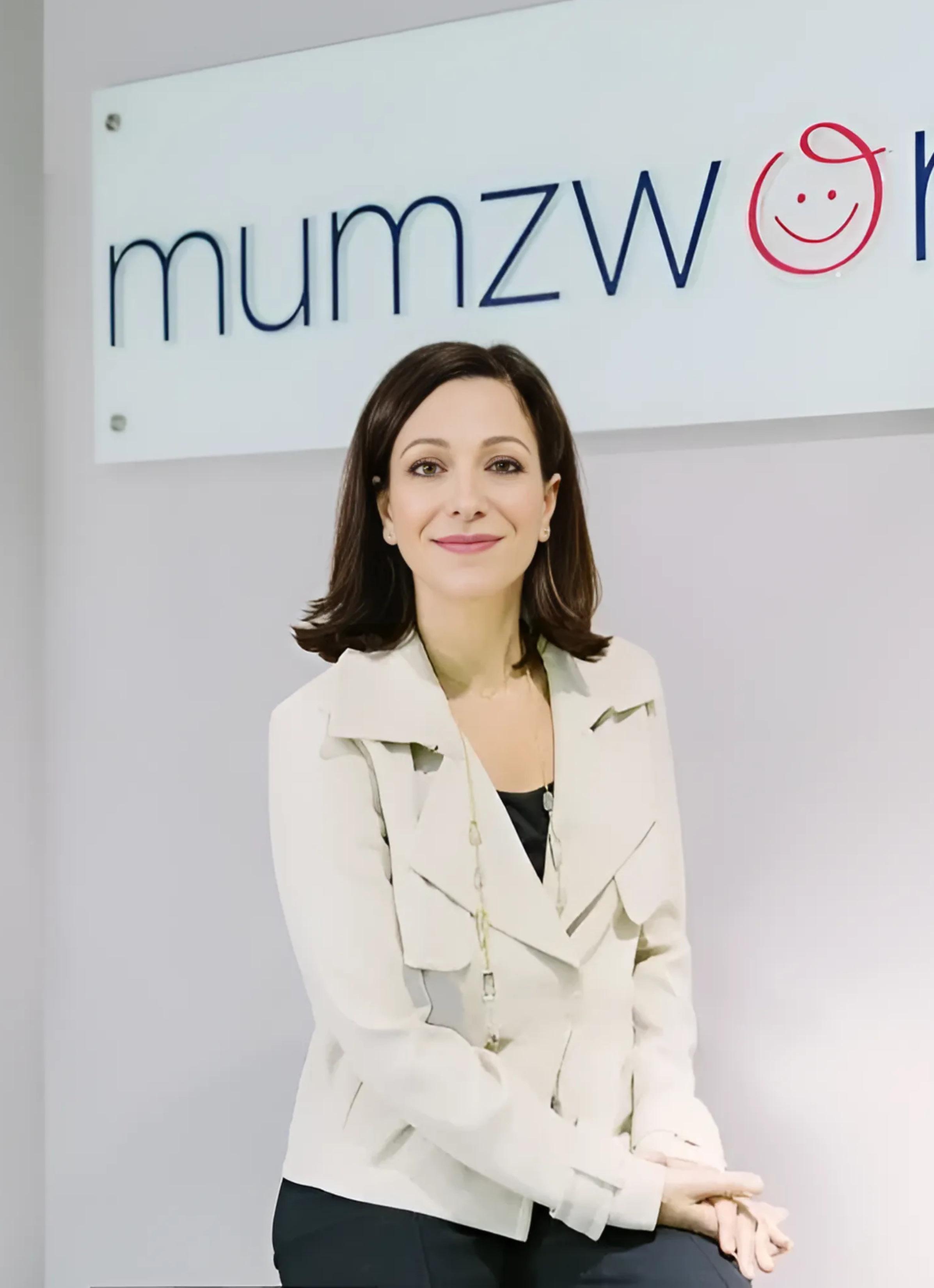
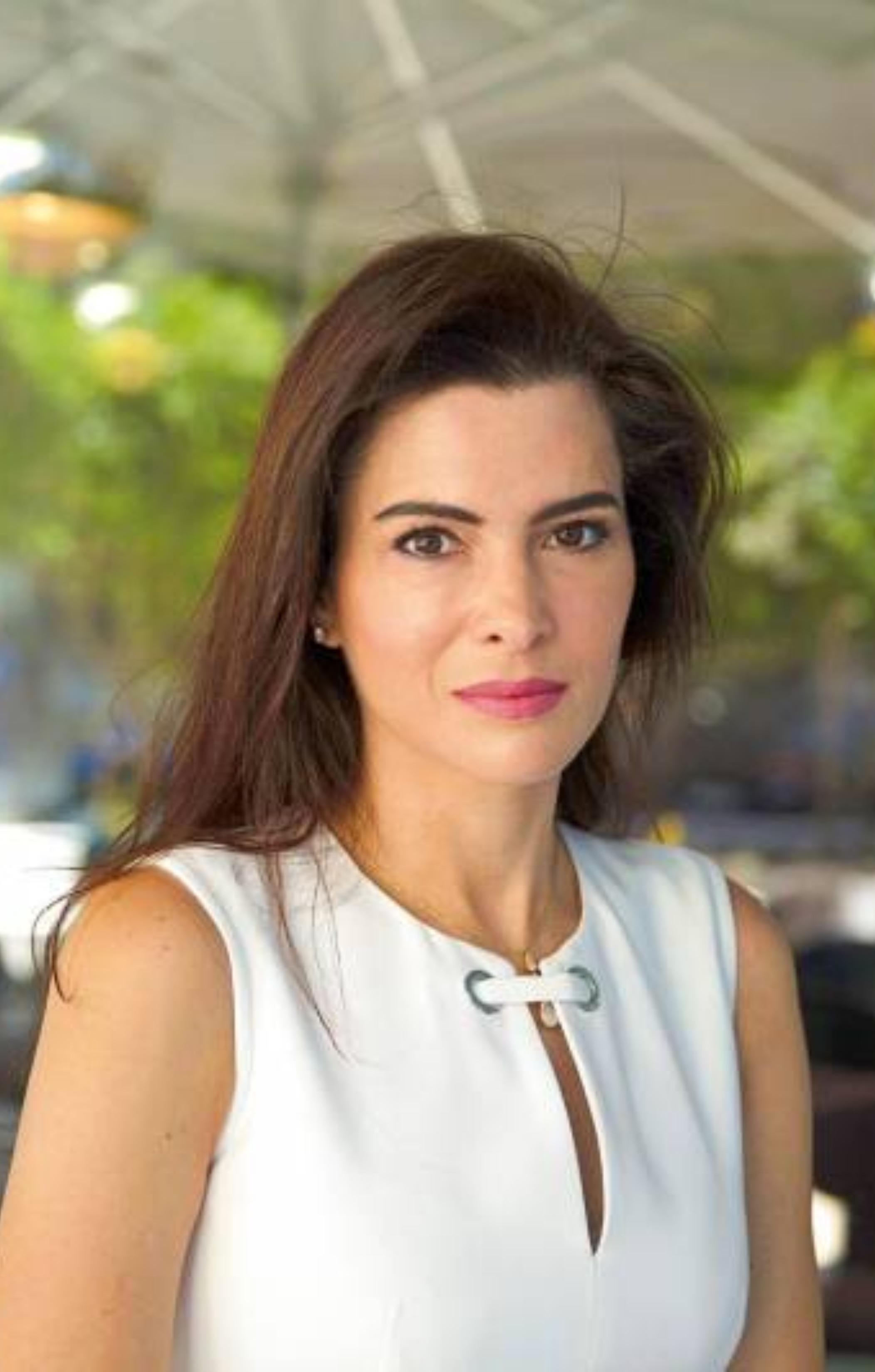
Leila Hoteit is a distinguished Managing Director and Senior Partner at Boston Consulting Group (BCG) in the Middle East, where she leads with over 20 years of expertise in human capital development and strategic consulting. Her work goes beyond traditional consulting, deeply rooted in social development and policy, making her a valuable asset in advancing human capital initiatives across the region and Europe.
Leila’s role at BCG involves shaping the firm’s global leadership in the public sector and social impact practices, collaborating closely with policymakers and regulatory bodies to drive meaningful change. Her extensive experience in organizational development and governance allows her to provide insightful guidance on leveraging talent within institutions. She is recognized for her ability to navigate complex organizational structures, developing and implementing strategies that align with both immediate and long-term goals.
Empowering people is the cornerstone of sustainable success; organizations thrive when their talent is nurtured and empowered to lead.
Beyond her BCG responsibilities, Leila is actively engaged in social policy discussions and champions initiatives that foster sustainable growth and improve quality of life in communities. Her approach prioritizes empowering individuals and fostering environments where teams can thrive. Known for bridging strategy and implementation, she is respected for her commitment to creating impactful and lasting change.
As a leader, Leila embodies collaboration and inclusivity, helping organizations enhance their performance while cultivating a culture of innovation and improvement. Her dedication to human capital development makes her an influential figure in shaping the future of organizations in the Middle East and beyond.
Business has a responsibility beyond profit—to uplift communities, protect our environment, and champion the well-being of future generations.
Mary Nazzal-Batayneh is a leading force in social entrepreneurship and impact investing, recognized as one of Forbes’ Most Powerful Women and Jordan’s Top Businesswoman by Jordan Business Magazine in 2019. Founder of Jordan’s only five-star local hospitality business, the Landmark Hotel, Mary has set a standard for excellence and responsible tourism. Through her business approach, she integrates sustainability, ethical practices, and community well-being, exemplified in her wellness initiative, MVMNT.
Mary’s influence extends beyond business, as she advocates for economic development and social responsibility in global forums. A Young Global Leader alumna with the World Economic Forum, she believes businesses should address societal challenges. Her legal expertise as a barrister in England enriches her activism, particularly her advocacy for Palestinian rights, where her nuanced understanding of law supports her efforts for social justice.

In addition to her ventures, Mary serves on the boards of the European Legal Support Center and the Royal Film Commission and is an advisor to the Palestine Children’s Relief Fund. Her involvement in these organizations amplifies her commitment to vulnerable communities, health, and sustainability.
Mary Nazzal-Batayneh embodies a modern leadership style that merges business acumen with social impact. Her dedication to inclusive growth and sustainable development reshapes Jordan’s business landscape and inspires a conscientious approach to entrepreneurship worldwide.
Salwa Idrissi Akhannouch is a pioneering force in Morocco’s luxury retail sector as the founder and CEO of the Aksal Group. Her journey from inheriting a family legacy to establishing a leading retail empire highlights her strategic vision, determination, and entrepreneurial spirit. Aksal Group, under her leadership, has brought exclusive franchises of global luxury brands like Gucci, Zara, Ralph Lauren, and Fendi to Morocco, solidifying its position as a major player in North Africa’s retail landscape.
Akhannouch’s crowning achievement is her role in the creation of Morocco Mall, one of Africa’s largest and most visited shopping centers. Launched in 2007 with an investment exceeding $240 million, the mall attracts around 15 million visitors annually and generates approximately 5 billion Moroccan dirhams ($514 million) in turnover. Her success with the Morocco Mall has transformed it into a vibrant shopping and tourism hub, showcasing her ability to blend luxury with accessibility.
Coming from a business-oriented family, Akhannouch’s entrepreneurial journey is rooted in the legacy of her grandfather, Haj Ahmed Benlafkih, a successful tea trader. She has extended this legacy into a modern retail powerhouse, positioning herself as one of North Africa’s most influential female entrepreneurs.
Beyond her corporate achievements, Akhannouch is recognized for her contributions to economic growth and her role in empowering women in business. She stands as a role model, demonstrating how vision and resilience can reshape an industry.
True leadership is about blending heritage with innovation to create a legacy that empowers and inspires.
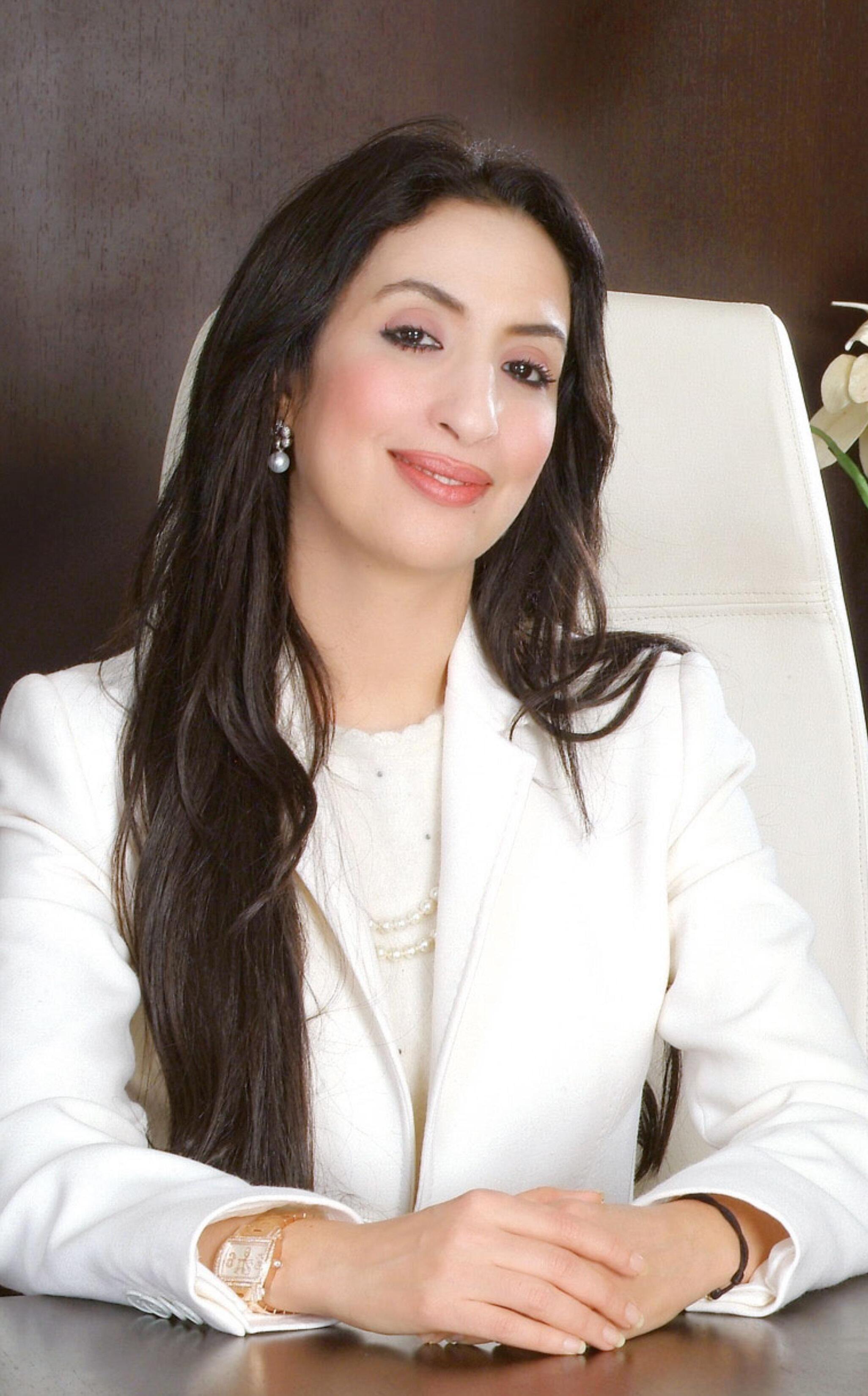
Empowering entrepreneurs is about building a future where innovation and resilience drive the region’s growth.
H.E. Najla Ahmed Al Midfa is a dynamic leader at the heart of Sharjah’s entrepreneurial growth, serving as CEO of the Sharjah Entrepreneurship Center (Sheraa). Since Sheraa’s inception in 2016, Najla has fostered an environment where innovation flourishes, supporting the creation of over 150 startups that have collectively raised around $161 million, generated over 1,600 jobs, and earned $247 million in revenue. Her leadership at Sheraa underscores her commitment to enriching the UAE’s economic landscape by championing entrepreneurship and transforming ideas into impactful businesses.
Beyond her role at Sheraa, Najla holds influential positions on various boards, including the United Arab Bank, Emirates Development Bank, and Dana Gas. She also contributes to educa-

tional development as a board member of the Emirates Schools Establishment. A strong advocate for technological progress, Najla co-chairs the 4th Industrial Revolution Working Group within the UK-UAE Business Council, driving dialogue on the integration of advanced technologies within the UAE’s entrepreneurial ecosystem.
Passionate about nurturing future leaders, Najla serves as Vice-Chairperson of Young Arab Leaders and is a board member of Endeavor UAE. Her fellowships with the Aspen Institute’s Middle East Leadership Initiative and the Eisenhower Global Fellow program reflect her dedication to empowering the next generation of innovators.
The annual Sharjah Entrepreneurship Festival (SEF), hosted by Sheraa, is a testament to Najla’s vision, attracting global leaders and fostering a vibrant entrepreneurial culture.

Her Excellency Dr. Hanan Mohammed Al Kuwari has been instrumental in transforming Qatar’s healthcare sector since her appointment as Minister of Public Health in 2016. With extensive experience and a deep commitment to health service improvement, she plays a key role in shaping policies that impact national well-being. Since 2007, she has also served as Managing Director of Hamad Medical Corporation (HMC), one of the Middle East’s largest healthcare providers, where she has focused on patient-centered care, innovation, and service excellence.
Under her leadership, HMC has made significant progress in quality care and service expansion, ensuring Qataris have access to world-class healthcare. Beyond HMC, Dr. Al Kuwari chairs various boards, such as the Academic Health System International Advisory Board and the Hamad Healthcare Quality Institute, reflecting her dedication to advancing healthcare education and quality standards. As Co-Chair of the Joint Advisory Board of Weill Cornell Medicine, she promotes collaboration between academic and healthcare institutions to foster research and medical education.
In 2018, Dr. Al Kuwari was elected as an international member of the U.S. National Academy of Medicine, acknowledging her influence in global health policy. Her academic background, including a PhD in Healthcare Management from Brunel University, strengthens her strategic and innovative approach to healthcare.
Innovation in healthcare is essential; it’s how we adapt to new challenges and better serve our communities.

Yasmin Helal’s journey from professional basketball to engineering and entrepreneurship exemplifies her passion for impact and change. Once a celebrated athlete in Egypt’s first-division basketball league, Yasmin accumulated 38 medals and represented the national team, building a foundation of teamwork, discipline, and resilience. Transitioning into engineering, she earned a Bachelor’s in Systems and Bio-Medical Engineering from Cairo University and worked with Alcatel-Lucent internationally, but soon felt called to make a greater societal contribution.
In 2010, Yasmin founded Educate Me, a transformative educational organization aimed at improving pre-university education in Egypt. By 2011, she left her corporate role to lead the organization full-time, designing programs to enhance learning quality and empower students. Her dedication has impacted thousands, fostering a generation equipped to face future challenges. Furthering her expertise, Yasmin earned a Master’s in International Education Management from Germany’s University of Education in PH-Ludwigsburg, blending her academic insights with practical experience to fuel her innovative educational approach.
Her work has earned numerous accolades and international recognition, even featured in Sir Ken Robinson’s book Finding Your Element, where her story stands as an inspiration in educational reform. As a VV Engage Fellow, she collaborates with global change-makers, amplifying her impact on education and community empowerment.
True change comes when we empower others to dream, learn, and grow.
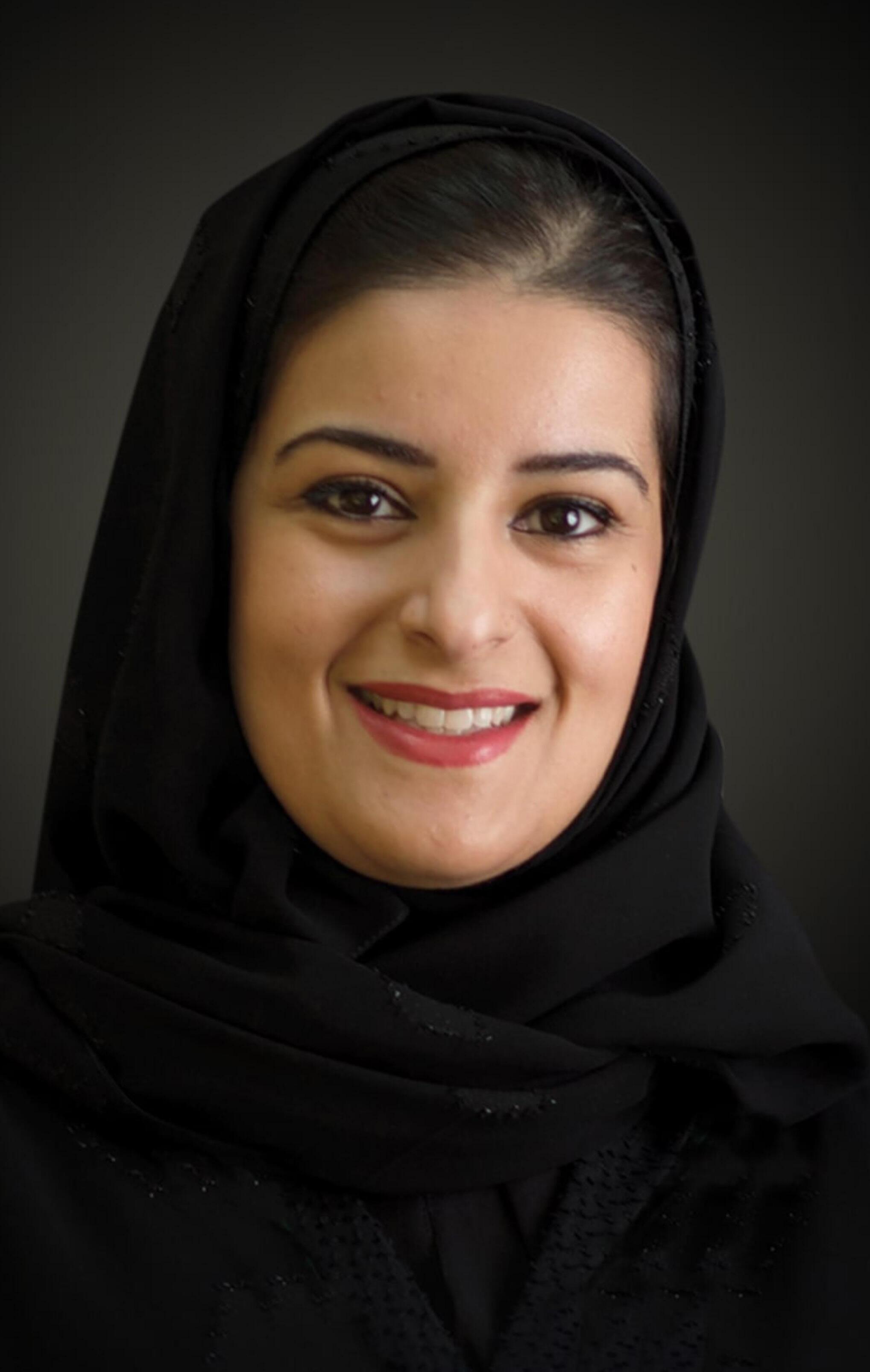
Razan Al Mubarak is a pioneering leader in environmental conservation and sustainable development, renowned for her dedication to protecting the planet. Elected as the first president from West Asia of the International Union for Conservation of Nature (IUCN) in 2021, she is also preparing to serve as the UN Climate Change High-Level Champion for COP28, set to take place in Dubai in late 2023. With over 20 years in the field, Razan has led transformative environmental efforts in the UAE and beyond.
As managing director of the Environment AgencyAbu Dhabi (EAD) since 2010, Razan has advanced conservation initiatives, including a commitment to double the emirate’s protected wildlife areas and to cut greenhouse gas emissions by 42% by 2030. Her groundbreaking work includes spearheading the reintroduction of the Scimitar-horned oryx into the wild, a species once extinct, highlighting her dedication to biodiversity preservation.
Conservation is not just about saving species—it’s about ensuring a healthier, more resilient future for our planet and its people.
Razan is also the founding director of the Mohamed bin Zayed Species Conservation Fund, which has supported over 2,000 species conservation projects worldwide. Her conservation journey began with Emirates Nature, an NGO she co-founded to protect the UAE’s natural habitats, laying the groundwork for her leadership in environmental advocacy.
Her roles on various environmental boards, combined with her academic background in environmental studies from Tufts University and University College London, reinforce her commitment to sustainable development.



Podcast Episode 01
Visionary Voice
“Keeping your heart and eyes open"




Across the Middle East, a powerful movement is reshaping the region’s economic landscape: women in finance working tirelessly to close the gap in financial inclusion and create pathways to economic equity. By expanding access to financial services in underserved communities, women leaders, entrepreneurs, and policymakers are addressing critical barriers that have long prevented equitable participation in the economy. Their work encompasses innovative approaches that not only bridge financial divides but also foster a more inclusive and resilient economy. This article delves into the transformative contributions of women striving to make financial services accessible and effective for all, fostering inclusion that benefits entire communities and spurs economic growth.

Financial inclusion—the accessibility of affordable financial services to everyone, especially those in low-income or marginalized groups—is a cornerstone of economic equity. Without access to basic financial tools such as bank accounts, loans, savings programs, and insurance, individuals and small businesses often find themselves excluded from opportunities that could improve their economic standing. When people cannot access these services, they remain vulnerable to economic shocks, struggle to build financial stability, and lack the resources to invest in education, healthcare, and business growth.
In many parts of the Middle East, traditional barriers like geographical isolation, cultural norms, and limited financial literacy have restricted access to financial services, particularly for women and underserved communities. However, with an increasing number of women taking on leadership roles in finance, this situation is evolving. Women professionals are not only addressing these barriers but also developing tailored solutions that cater to the unique needs of their communities.
Women in finance across the Middle East bring a unique and essential perspective to the table when it comes to financial inclusion. They recognize that achieving economic equity requires innovative solutions that consider the social, cultural, and economic realities of diverse communities. These leaders are often more attuned to the nuances of financial needs in underserved groups and bring empathy, understanding, and commitment to their work. As women rise to senior roles in banking, investment, microfinance, and regulatory bodies, they are pioneering initiatives that drive economic inclusivity.
Through their efforts, these women are helping to shift the financial sector from a traditional, often exclusive model to one that is dynamic, inclusive, and responsive to the needs of the people it serves. They are introducing programs and policies that lower barriers to financial access, thereby empowering individuals who were
previously excluded from the economic system. By fostering an environment where everyone has the opportunity to participate in and benefit from the economy, women in finance are making financial equity a reality for more people every day.
One of the ways women in finance are promoting financial inclusion is by developing products and services that cater specifically to the needs of underserved communities. For instance, recognizing the importance of small business ownership as a path to economic empowerment, women in finance have pioneered microfinance and small business loan programs designed to support entrepreneurs who lack traditional credit histories or collateral. These programs have opened doors for countless individuals, particularly women and low-income earners, to establish and grow businesses that contribute to local economies.
These tailored financial solutions are not limited to loans. Women in the financial sector are also developing accessible savings programs, mobile banking services, and low-fee accounts that help people in rural and underserved areas manage their finances more effectively. By reducing entry barriers and simplifying processes, these programs make it easier for people to engage with the financial system, save for future needs, and invest in education and healthcare. This approach not only supports individual financial well-being but also contributes to community-wide economic stability and growth.
Beyond creating accessible financial products, many women in finance recognize that true financial inclusion requires financial literacy. For underserved communities, especially those where formal education about finance is limited, understanding how to use financial tools effectively is essential. Women in finance are leading efforts to promote financial literacy, often designing educational programs that cater to the unique
needs of their communities. These programs teach individuals and families about budgeting, saving, managing credit, and the benefits of insurance, empowering them to make informed decisions about their finances.
Financial literacy initiatives are particularly powerful in empowering women, who, in some communities, may have limited exposure to financial management tools. By equipping women with knowledge about financial planning and resources, these programs foster a sense of control over their economic futures. Empowered women can then apply these skills to improve their family’s financial security, start small businesses, and contribute to their communities. In this way, financial literacy becomes a vehicle for broader economic development, uplifting families and strengthening local economies.
In many parts of the Middle East, cultural and social norms have historically restricted women’s participation in the economy. However, women leaders in finance are

working to change these norms by promoting a more inclusive and equitable economic environment. They serve as role models, demonstrating that women can succeed in finance and leadership roles and inspiring others to follow suit. Their visibility helps to challenge traditional stereotypes and encourages acceptance of women as equal contributors to the economy.
Additionally, these leaders are addressing cultural sensitivities around financial access by developing culturally appropriate solutions. For example, they may create banking services that respect community values, ensuring that financial products are accessible and comfortable for all clients. This culturally respectful approach makes financial services more appealing and acceptable to communities that might otherwise remain outside the financial system, further enhancing inclusion and equity.
While individual efforts are vital, systemic change often requires policy reforms that support financial inclusion. Women in finance, especially those involved in policy and regulatory roles, are advocating for policies that create a more inclusive financial environment. They are pushing for regulations that require financial institutions to offer products accessible to low-income communities, to reduce fees and barriers, and to promote gender-inclusive hiring
practices.
These women are also promoting policies that support digital financial services, which have proven to be instrumental in reaching underserved populations. Mobile banking, for instance, has revolutionized financial access for people in remote areas, allowing them to manage their finances without needing to visit a physical branch. Women in finance are instrumental in advocating for policies that promote digital infrastructure, making it easier for people across the Middle East to access banking services and participate in the economy.
As women in finance work to close the gap in financial inclusion, they are not only creating opportunities for underrepresented communities but also contributing to the broader resilience of Middle Eastern economies. By empowering more people to participate in the financial system, they are fostering a stable economic environment that benefits everyone. Financially included individuals and businesses can better weather economic downturns, adapt to market changes, and contribute to sustainable economic growth.
Moreover, financial inclusion promotes long-term economic equity, which is essential for a thriving society. When everyone has access to the resources they need to improve their financial standing, there is a ripple effect that bene-


fits entire communities. Children have access to better education, families can invest in healthcare, and local businesses can grow, creating a cycle of prosperity that strengthens the economy as a whole.
The work of women in finance serves as a beacon of inspiration for future generations, showing that financial inclusion and economic equity are achievable goals. Their dedication to creating inclusive financial environments proves that positive change is possible, even in the face of complex challenges. Young women across the Middle East are watching these pioneers and realizing that they, too, can play a role in shaping the region’s economic future.
As more women enter finance and assume leadership positions, their influence will continue to grow, paving the way for even
greater progress toward financial inclusion. The commitment, resilience, and creativity of these women remind us that economic equity is not just a goal but a journey, one that requires ongoing effort and a belief in the transformative power of inclusive growth.
In conclusion, women in finance across the Middle East are driving crucial advancements in financial inclusion, championing the cause of economic equity for all. Through innovative products, financial literacy programs, policy reforms, and breaking social barriers, they are making financial services more accessible and creating a foundation for sustainable economic development. Their contributions are not only transforming individual lives but are also building a more inclusive, resilient economy that will benefit generations to come. These women are, in essence, closing the gap—ensuring that financial empowerment is within reach for everyone in the Middle East.




In the Middle East and across the world, the link between public health and economic stability is undeniable. Healthy communities lay the foundation for economic growth, productivity, and overall societal well-being. When public health thrives, economies are stronger, and communities are more resilient. Recognizing this vital connection, women leaders across the Middle East are championing public health initiatives that serve not only to improve healthcare access but also to fuel economic empowerment. These women are working tirelessly to implement community-driven health programs that address specific regional needs, creating a ripple effect that boosts both the health and economic potential of the communities they serve. This article explores the profound role women play in advancing public health, and the broader economic impacts of their initiatives.
Public health plays a foundational role in economic development. A healthy population contributes to a productive workforce, while good health reduces healthcare costs, minimizes absenteeism, and promotes long-term financial security for families and communities. When communities face health challenges—such as infectious diseases, high maternal mortality, or chronic illnesses—the economic repercussions can be severe, particularly for low-income populations. Inadequate public health not only drains personal finances but also strains national healthcare systems, limiting funds that could otherwise be invested in growth and development.
Women-led health initiatives, particularly those focusing on preventive care, mental health, maternal health, and nutrition, are addressing these critical challenges by promoting health education, creating access to essential services, and advocating for policies that prioritize community health. These programs aim to bridge healthcare gaps and enhance community resilience, ultimately contributing to greater economic stability. Through their commitment to advancing public health, women are helping build a foundation on which economic growth and opportunity can flourish.
Women have long been the backbones of public health efforts in communities around the world. In the Middle East, women are taking on influential roles in healthcare, leading efforts to design, implement, and sustain health programs that reach the underserved and the vulnerable. These women bring a unique perspective to their work, often rooted in an understanding of the social and cultural factors that influence health in their communities. They recognize that to address public health issues effectively, initiatives must consider local customs, needs, and challenges.
Through grassroots organizations, government programs, and healthcare institutions, women are creating pathways to health that are accessible and sustainable. They are not only health providers but also educators, advocates, and leaders. These women are driving programs that offer comprehensive services— from vaccinations and family planning to mental health support and nutrition education. By providing these services, they help break down barriers to healthcare and empower individuals to take charge of their well-being, which in turn contributes to the economic strength of their communities.
Maternal and child health is a cornerstone of community well-being, with direct implications for economic stability. When mothers and children have access to quality healthcare, they are more likely to lead healthy, productive lives. Women-led initiatives in the Middle East have made substantial strides in this area, addressing maternal health through a combination of ed-
ucation, access to prenatal care, and safe delivery services. These efforts are vital, as healthy mothers are more capable of contributing to their families’ finances, while healthy children are better positioned to succeed in school and the workforce.
Many women-led programs provide health education that empowers women to make informed decisions about their reproductive health and family planning. Additionally, community-based programs often include training for midwives and healthcare workers to improve maternal care in remote areas, where access to hospitals may be limited. By prioritizing maternal and child health, these initiatives not only improve health outcomes but also contribute to long-term economic benefits by fostering a healthier, more capable next generation.
Health education is a powerful tool in promoting longterm public health and economic resilience. Women in public health are leading educational campaigns that teach communities about preventive health measures, such as hygiene, nutrition, and the management of chronic diseases. These programs are designed to reduce the prevalence of preventable illnesses, which often come with high economic costs. For example, educating people about proper hygiene and sanitation can significantly reduce the spread of infectious diseases, which can disrupt entire communities and burden healthcare resources.
Many women-led health education programs focus on chronic diseases like diabetes and hypertension, which are on the rise in the Middle East. Through workshops, informational sessions, and partnerships with local health-
care providers, these programs help individuals understand how lifestyle changes can prevent or manage these conditions. The economic impact of such education is profound; by reducing the incidence of chronic disease, communities save on medical expenses and increase their productivity, ultimately contributing to a stronger economy.
Mental health is an essential yet often overlooked component of public health, and it has significant implications for economic stability. Mental health issues can affect productivity, increase absenteeism, and create financial stress for individuals and families. In recent years, there has been growing awareness of the importance of mental health in the Middle East, thanks in large part to the efforts of women-led initiatives.
Women working in public health have been at the forefront of


67 // Womenpreneur Middle East

efforts to destigmatize mental health issues and expand access to mental health services. They have created programs that offer counseling, support groups, and awareness campaigns to help individuals and families understand and manage mental health challenges. By normalizing mental health care and making resources available, these women-led initiatives are helping to foster a healthier, more resilient workforce. When people have access to mental health support, they are better able to contribute to the economy, thereby reinforcing the connection between mental well-being and economic stability.
In an increasingly digital world, technology has become a powerful tool for expanding healthcare access. Women in public health are leveraging digital platforms to reach underserved communities, particularly in rural or isolated areas. Telemedicine, mobile health apps, and online health education

resources are some of the innovations these leaders are using to make healthcare more accessible.
Telemedicine, for example, allows patients to consult with healthcare providers remotely, reducing the need for travel and making healthcare more affordable and convenient. Mobile health apps can provide information on topics like maternal health, disease prevention, and mental health support. By integrating technology into healthcare delivery, women in public health are making it easier for communities to access essential services, contributing to both better health outcomes and economic resilience.
While direct service provision is critical, lasting change often requires policy reform. Women in public health are increasingly involved in advocacy efforts to influence health policies that promote equity and inclusion. These women work to shape policies that address the social determinants of health, ensuring that economic conditions, education, and living environments support rather than hinder community well-being.
By advocating for policies that make healthcare more accessible and affordable, women in public health are helping to build a system that prioritizes the needs of all community members. Policy advocacy can lead to significant economic benefits, as healthier populations require fewer healthcare resources, experience lower productivity losses, and are better able to contribute to the workforce. Women’s voices in policy advocacy are essential for building a future where public health is a priority, not a privilege.
Ultimately, women’s initiatives in public health are not only improving healthcare access and outcomes; they are also laying the groundwork for stronger, more resilient economies. Healthy com-
munities contribute to a more productive workforce, lower healthcare costs, and a more stable economic environment. As women continue to lead public health efforts in the Middle East, they are helping to create a future where economic growth is sustainable, equitable, and inclusive.
These initiatives underscore the importance of investing in public health as a means to promote economic stability. By improving health outcomes, reducing disparities, and fostering economic resilience, women in public health are proving that a focus on health is a focus on prosperity. Their work highlights the critical role that public health plays in economic development and serves as an inspiring example of how targeted, community-driven efforts can create lasting change.
The contributions of women in public health go beyond immediate healthcare outcomes; they represent a holistic approach to community and economic well-being. By addressing health inequities and expanding access to essential services, these women are creating the conditions for sustainable economic growth. Their efforts serve as a reminder that health and wealth are interconnected and that a commitment to public health is a commitment to a more prosperous, inclusive future for the Middle East.
In the coming years, as more women lead initiatives in public health, we can expect to see even greater progress toward building communities that are both healthy and economically stable. Through their dedication and innovation, these women are shaping a legacy of health and prosperity, demonstrating that when communities are healthy, economies can thrive. Their work is a testament to the power of women to transform public health—and, in doing so, to strengthen the foundations of economic growth across the Middle East.


“In today’s interconnected world, travel has evolved far beyond leisure or luxury—it’s become an essential part of personal growth, professional development, and entrepreneurial success. For many leading women entrepreneurs in the Middle East, travel and cultural exploration are profound sources of inspiration, offering fresh perspectives that shape their approach to business and economic development. These journeys often ignite new ideas, reveal unseen opportunities, and foster resilience, fueling the success of women entrepreneurs by helping them see both themselves and their businesses in new, innovative ways. This article explores how travel enriches the lives of these remarkable women, allowing them to step outside their comfort zones, broaden their perspectives, and return home with a renewed sense of purpose and energy. Through each journey, they connect with diverse cultures, learn from different markets, and harness insights that push the boundaries of what’s possible in business.


For women entrepreneurs, travel is more than a break from daily responsibilities— it’s a tool for self-discovery and growth. Traveling to unfamiliar environments and immersing themselves in diverse cultures requires flexibility, openness, and an adaptive mindset. In many ways, these qualities mirror what’s required to succeed as an entrepreneur, where uncertainty is a constant and innovation a necessity. For women entrepreneurs from the Middle East, this sense of challenge and adventure can be particularly empowering.
Leaving familiar surroundings allows these women to shed everyday constraints and enter a mental space that encourages curiosity and creativity. Some women entrepreneurs report that traveling to countries with different social norms or contrasting landscapes forces them to step outside their routines and reevaluate their own beliefs and practices. This shift can lead to powerful personal insights, which often translate into more profound clarity and vision when they return to their businesses. They find themselves asking new questions: How can I do things differently? What changes can I make that align with my own strengths and ambitions? This mental flexibility, developed through travel, becomes an invaluable asset in the ever-evolving world of entrepreneurship.
Exposure to diverse cultures can be particularly inspiring for women entrepreneurs in fields like fashion, tech, media, and design. Experiencing firsthand how people in other parts of the world solve problems, conduct business, and interact socially broadens an entrepreneur’s understanding of global trends and demands. Many women entrepreneurs describe how seeing different cultural practices around work, commerce, and social interaction fuels ideas they later implement in their ventures.
For example, visiting bustling markets in Southeast Asia or Africa can reveal novel product trends or sustainable sourcing methods that may not yet be popular in the Middle East. Similarly, exposure to a culture that prioritizes communal decision-making over individualistic approaches might inspire an entrepreneur to adopt a more collaborative, team-based business structure. For some, witnessing different

leadership styles in action—whether that’s a focus on mentorship in Japan or creative workspace designs in Northern Europe— sparks changes in how they lead and support their teams. This exposure to alternative ways of thinking and doing fosters innovation and keeps their businesses relevant, dynamic, and forward-looking.
Running a business is a journey filled with unexpected challenges, and travel offers a unique opportunity to build resilience by navigating the unknown. Women entrepreneurs often find that the skills they gain while traveling—such as problem-solving, adapting to new languages, and overcoming logistical hurdles—translate directly into business acumen. The very act of traveling, of navigating unfamiliar streets or customs, builds a kind of mental agility that is essential for entrepreneurship.
In the Middle East, where rapid technological and economic changes are transforming business landscapes, this adaptability is particularly valuable. Women entrepreneurs who travel often find they return with a
heightened sense of patience and perseverance. They learn to anticipate obstacles and view challenges as opportunities for growth. This resilience makes them better prepared to face the uncertainties of the market and enables them to manage their ventures with a greater sense of calm and confidence.
Furthermore, travel exposes these women to different approaches to stress management and work-life balance, which they can integrate into their routines and business practices. In wellness-conscious regions, they might experience unique forms of relaxation or mindfulness that inspire them to bring wellness practices into their businesses, fostering a healthy workplace
culture that can lead to higher employee satisfaction and productivity.
Connecting with a Global Network: Building Bridges Across Borders
One of the most powerful aspects of travel for entrepreneurs is the chance to build and expand their professional networks. As they visit different regions and connect with like-minded professionals, women entrepreneurs from the Middle East are building bridges that can open doors to international partnerships, collaborations, and markets. In industries like technology, sustainability, or e-commerce, connections made through travel can be transformative, bringing fresh opportunities and insights that would otherwise remain inaccessible.
Travel pushes women entrepreneurs out of their comfort zones, instilling a spirit of curiosity and creativity that drives innovation back home.
Exposure to diverse cultures empowers women entrepreneurs to rethink traditional practices, sparking new ideas that keep their businesses vibrant and forward-thinking.
Attending conferences, visiting business hubs, and participating in international incubators allow these women to network with entrepreneurs from diverse backgrounds, gaining invaluable advice, support, and potential collaborators. Through these interactions, they not only gain a broader understanding of international markets but also build lasting relationships that can support their businesses in myriad ways. Many entrepreneurs also find mentorship and guidance abroad, connecting with experienced individuals who provide fresh perspectives on business strategies, scalability, and sustainable growth. In turn, these networks empower women to think bigger, exploring opportunities that extend beyond regional or national borders and positioning them as global leaders in their fields.
For many women entrepreneurs, travel doesn’t just inspire new business ideas; it deepens their commitment to social impact. Experiencing first-hand the social challenges that other communities face—such as poverty, environmental degradation, or lack of access to education— often reinforces their dedication to creating businesses that make a positive difference. This impact-driven approach is particularly significant for entrepreneurs in the Middle East, where addressing social issues like youth unemployment, women’s empowerment, and sustainable development are urgent priorities.
Some women entrepreneurs return from their travels determined to incorporate social responsibility into their business models. They might decide to support local artisans they’ve met abroad, integrate sustainable materials into their products, or start initiatives that give back to their own communities. Travel broadens their sense of responsibility and reinforces the notion that business success is most meaningful when it also uplifts others. This commitment to social impact can become a unique differentiator in the marketplace, enhancing brand loyalty and building a legacy that transcends
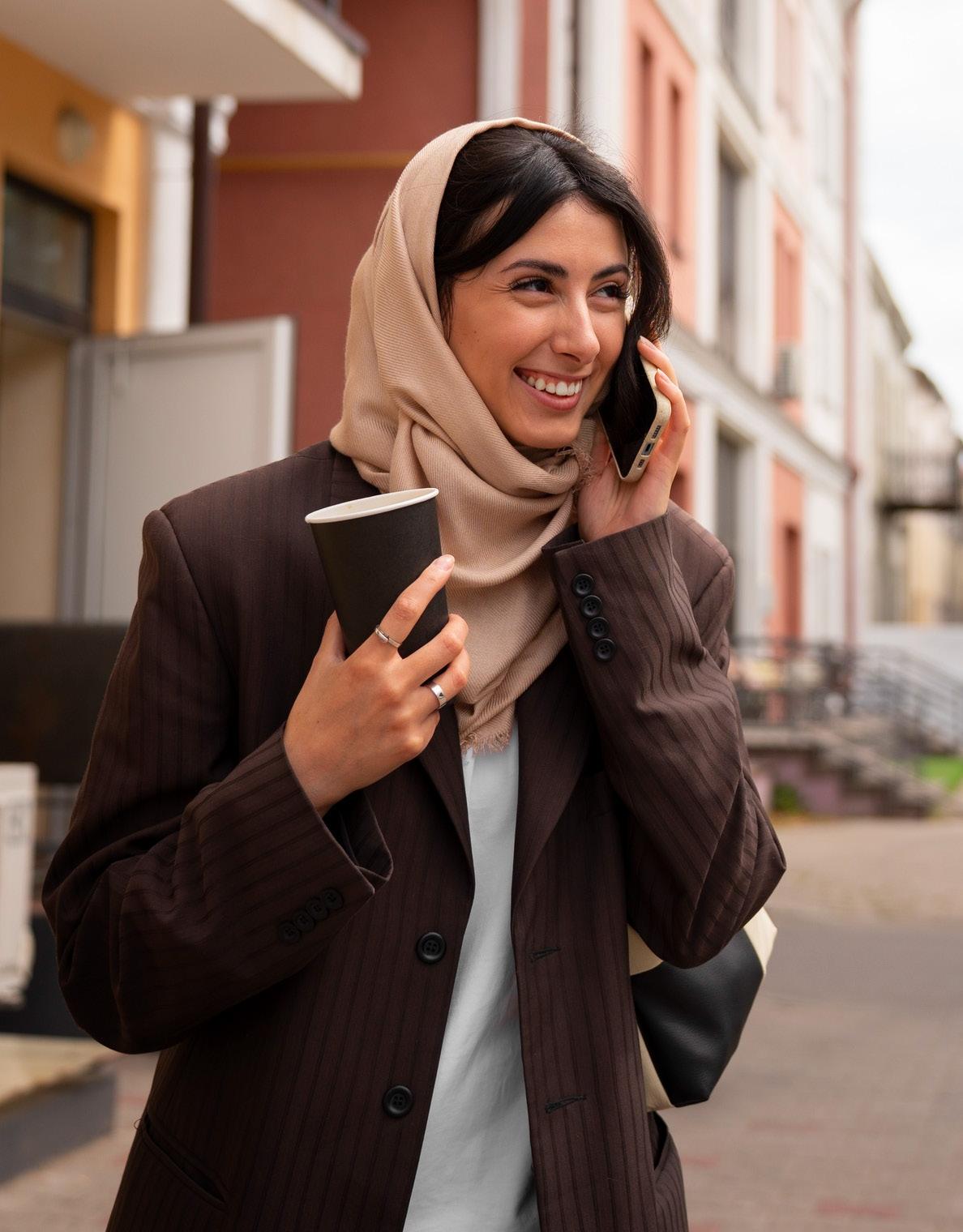

One of the most valuable aspects of travel for women entrepreneurs is the ability to bring global insights home and adapt them to the specific needs of their local markets. The Middle East is a diverse and rapidly changing region, and the ability to combine international ideas with local sensibilities can be a significant competitive advantage. For instance, learning about digital payment innovations in Asia or witnessing urban sustainability initiatives in Europe might inspire entrepreneurs to bring these ideas to their businesses in the Middle East, tailoring them to fit local preferences and conditions.
Women entrepreneurs also find that travel can help them see their home markets with fresh eyes. Stepping away for a time allows them to gain perspective and approach challenges with a new mindset. They may discover innovative solutions for long-standing issues, inspired by things they’ve observed abroad. This synthesis of global knowledge and local relevance allows them to be pioneers, offering products or services that meet unique regional needs while remaining globally competitive.
In a world where globalization and digital connectivity are constantly reshaping the business landscape, travel remains a powerful tool for growth, inspiration, and renewal. For women entrepreneurs in the Middle East, it offers a path to personal and professional transformation, allowing them to explore new ideas, develop resilience, and create businesses that are both successful and impactful. Through travel, these women not only enrich their own lives but also bring invaluable insights and opportunities back to their communities, contributing to the region’s ongoing economic and cultural evolution.
Navigating the unknown while traveling fosters resilience and adaptability—qualities that are crucial for thriving in the ever-changing world of entrepreneurship.
Building global networks through travel opens doors to partnerships and collaborations, positioning women entrepreneurs as trailblazers in a rapidly globalizing economy.
Ultimately, the journeys these women undertake are not just physical—they are journeys of growth, vision, and empowerment. Travel fuels their passion, sharpens their focus, and broadens their horizons, enabling them to lead with courage, creativity, and an enduring commitment to excellence. In this way, their stories remind us that travel, in its most profound form, is about more than seeing the world; it’s about expanding one’s sense of what’s possible and using that knowledge to make a meaningful difference in the world.

